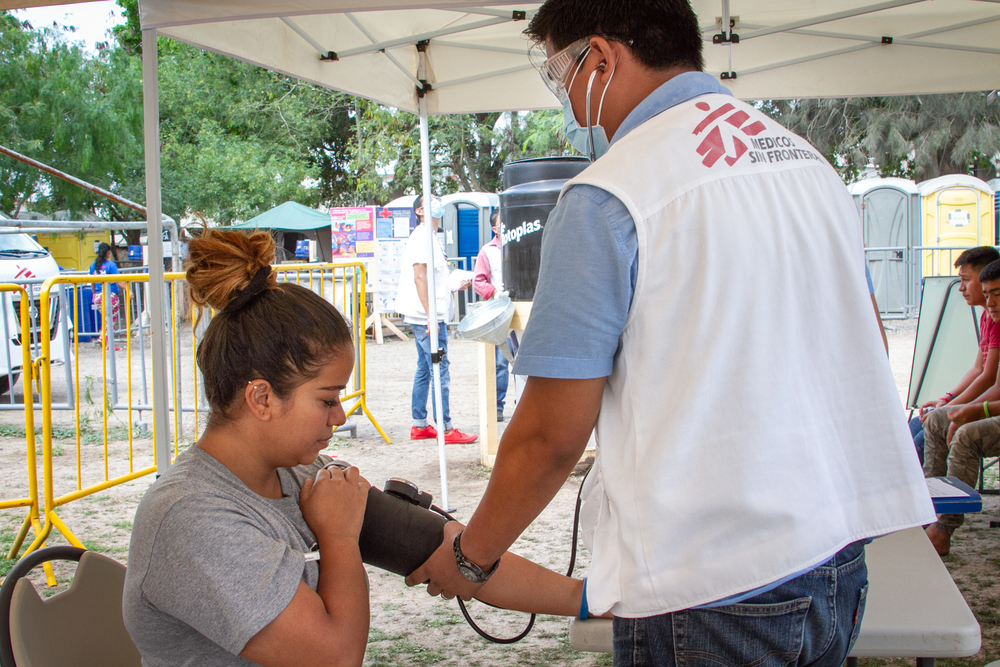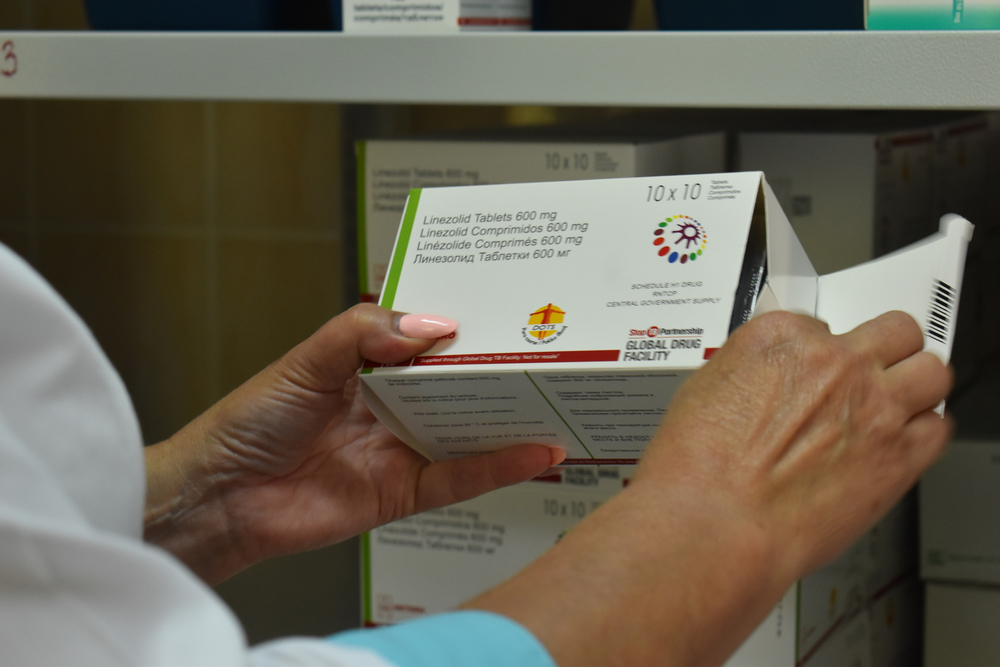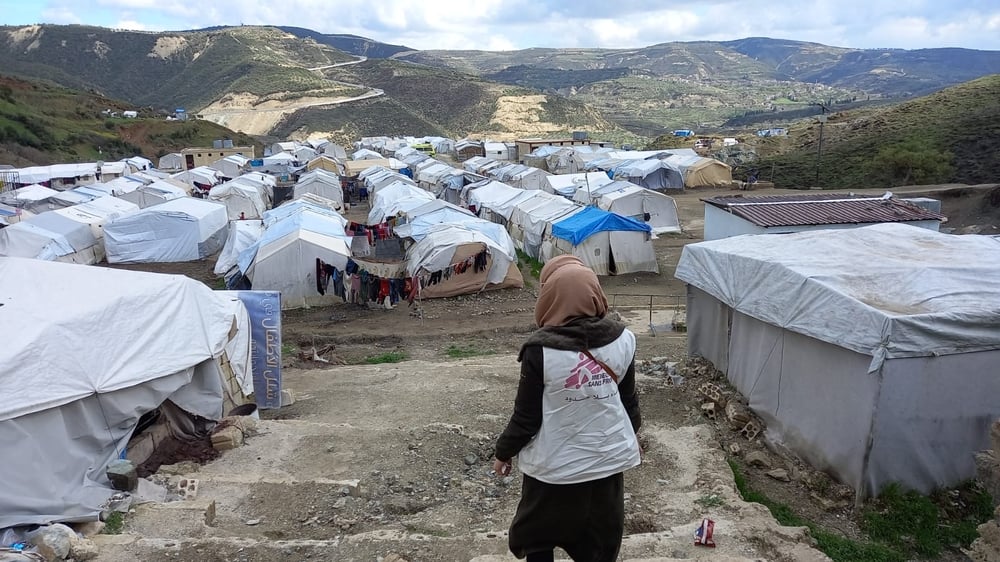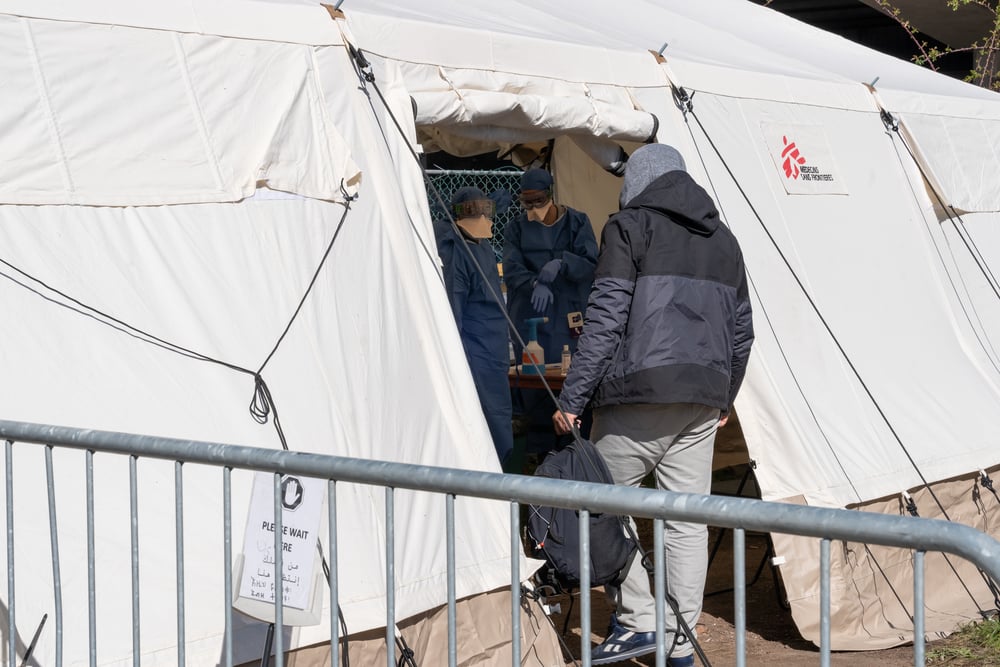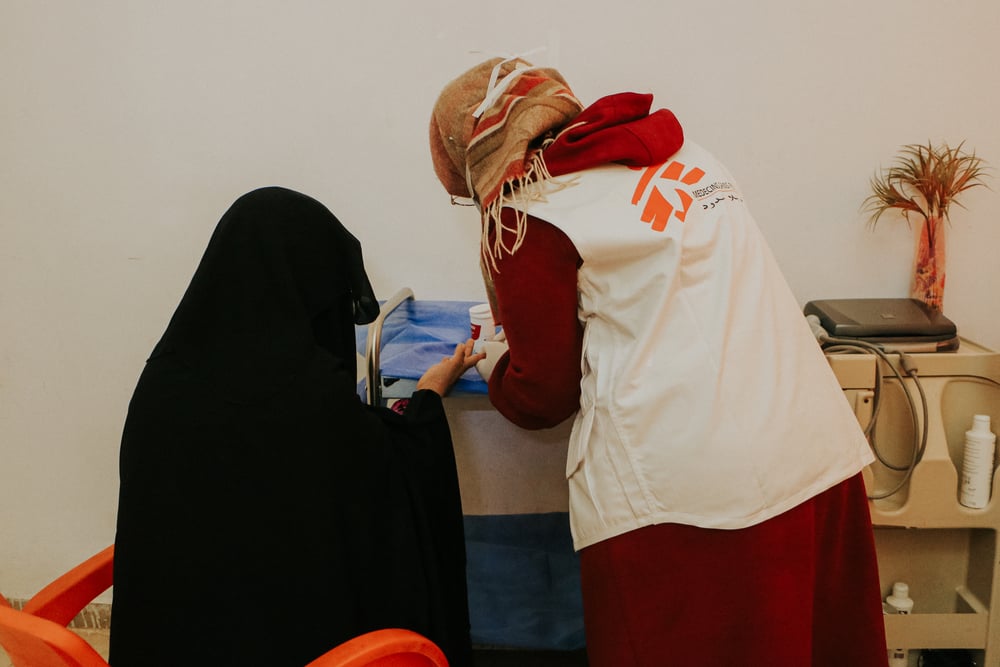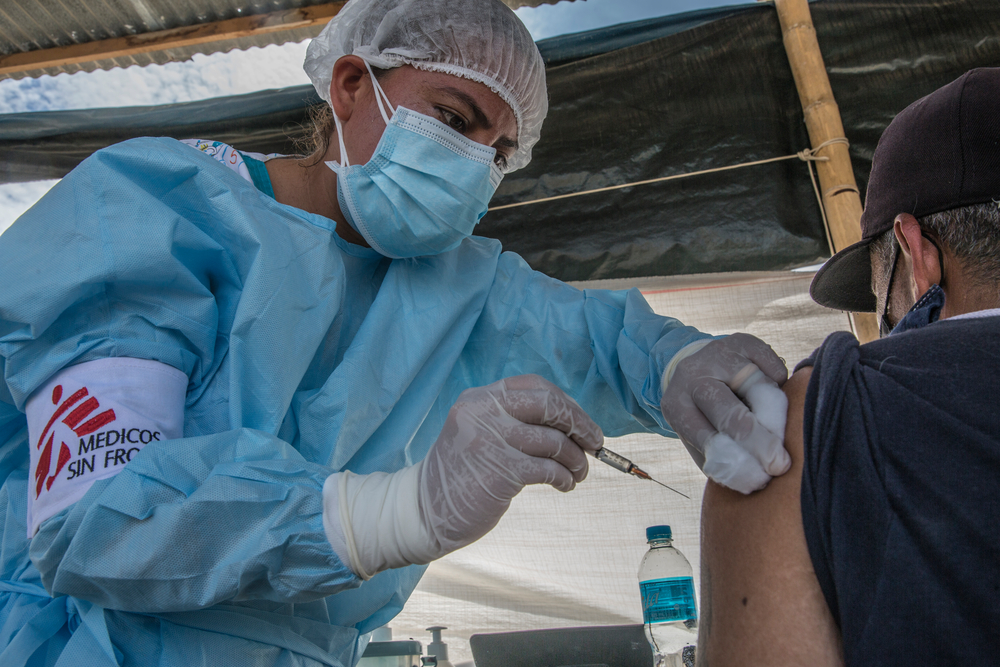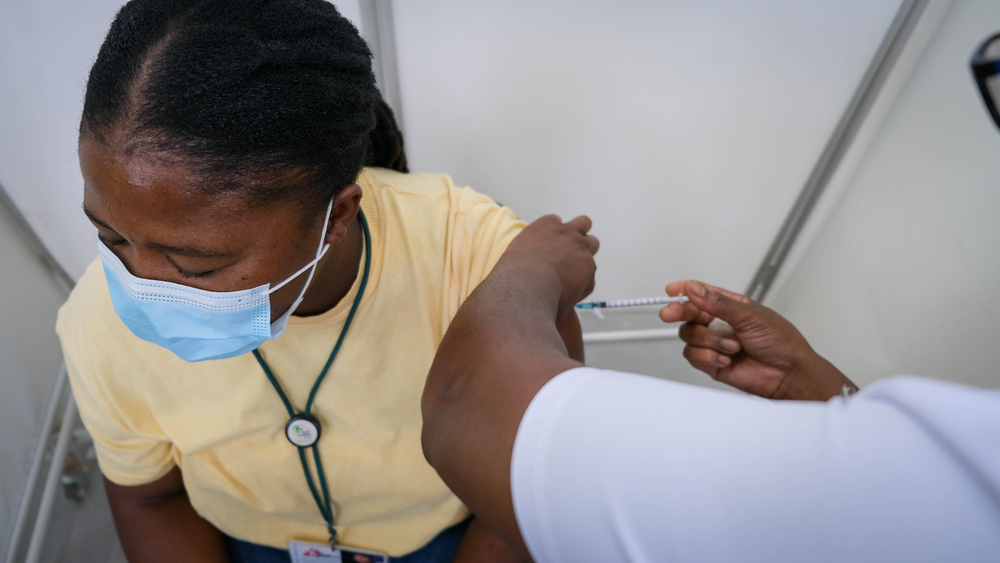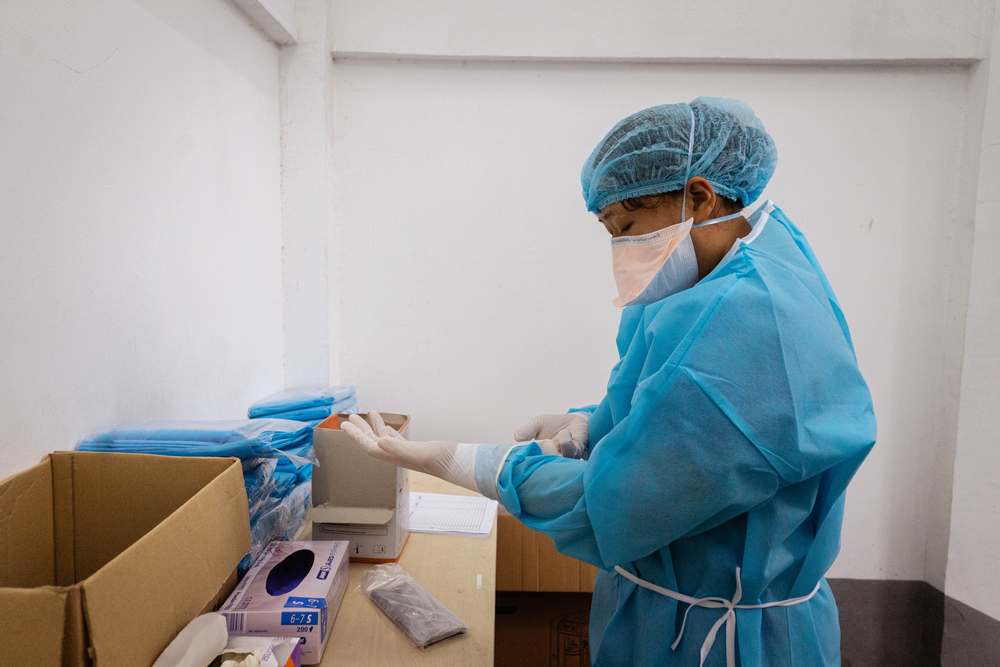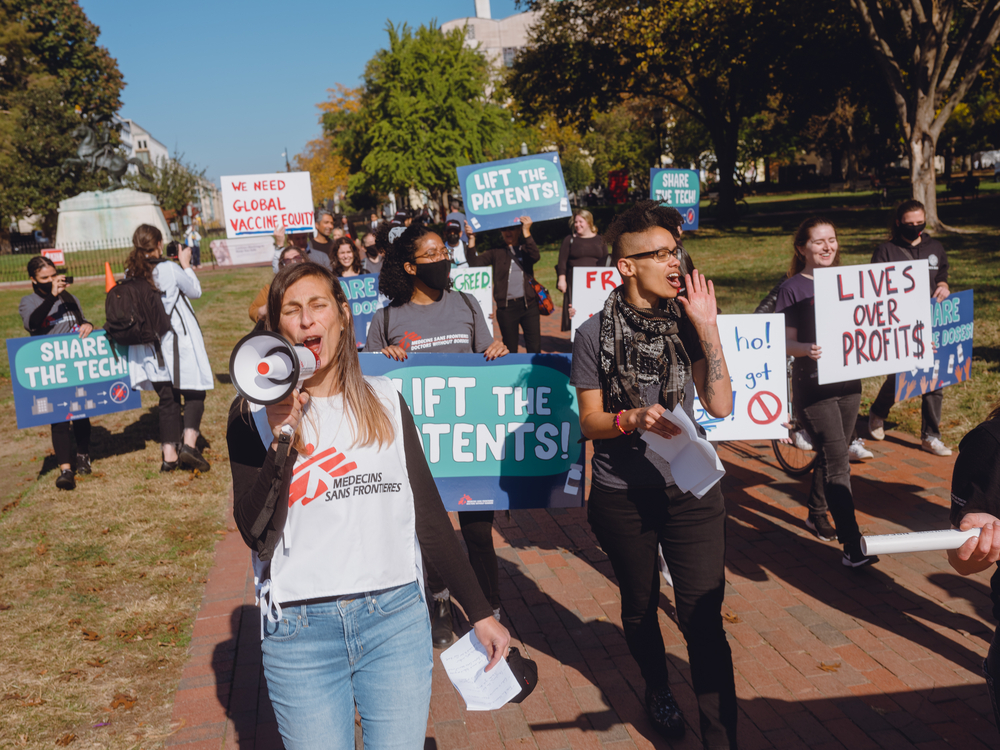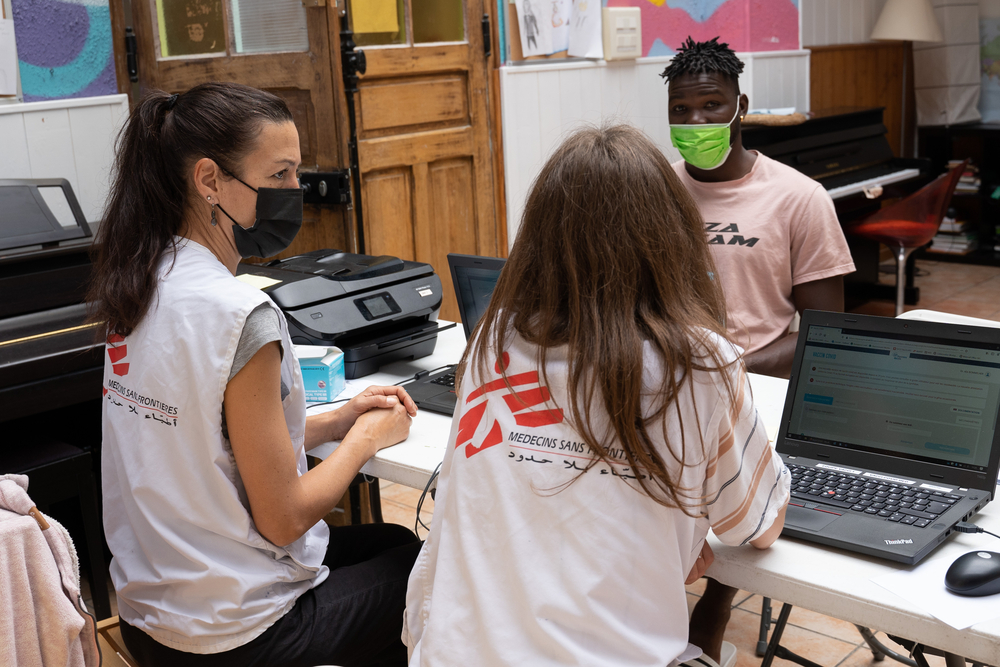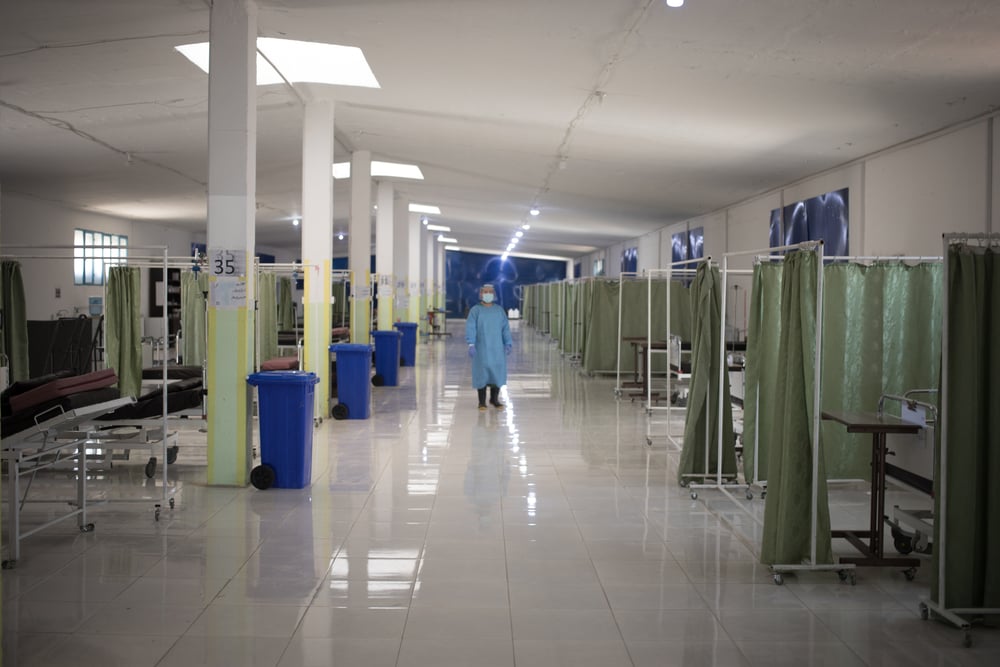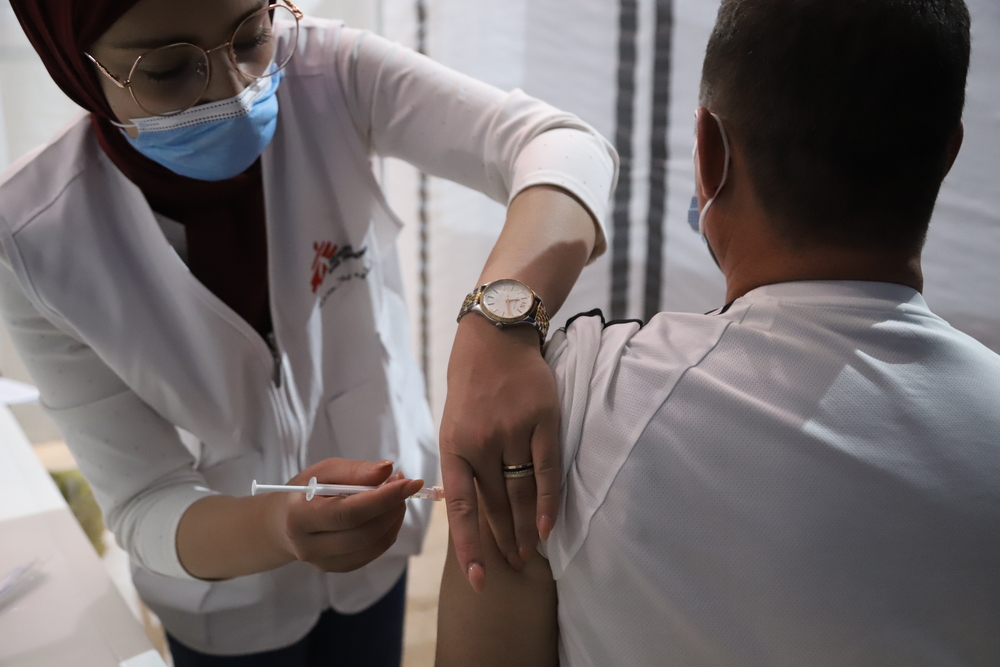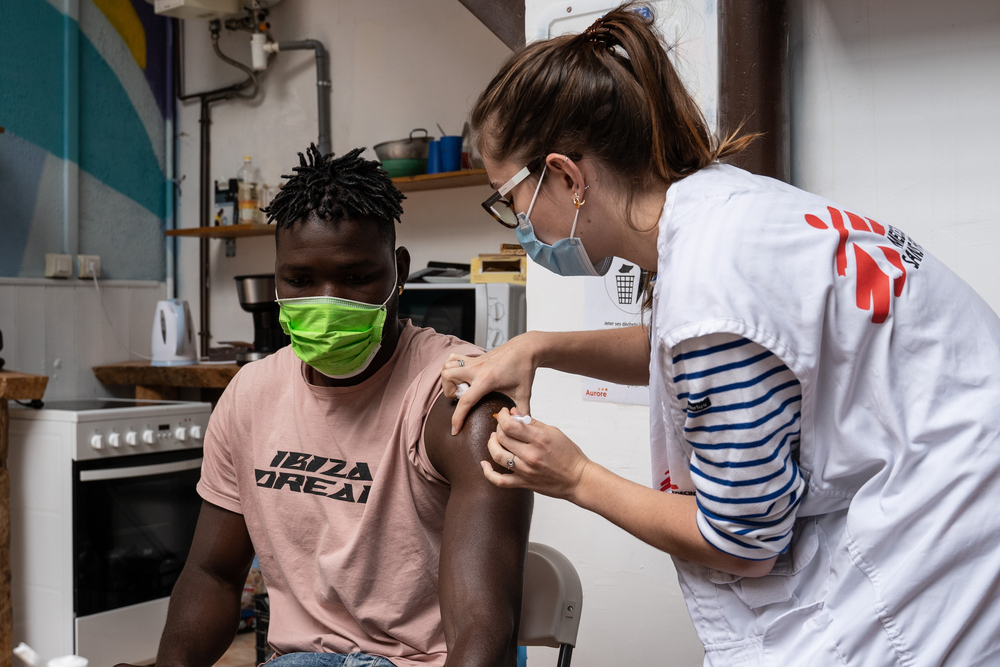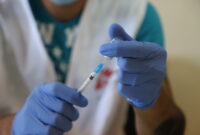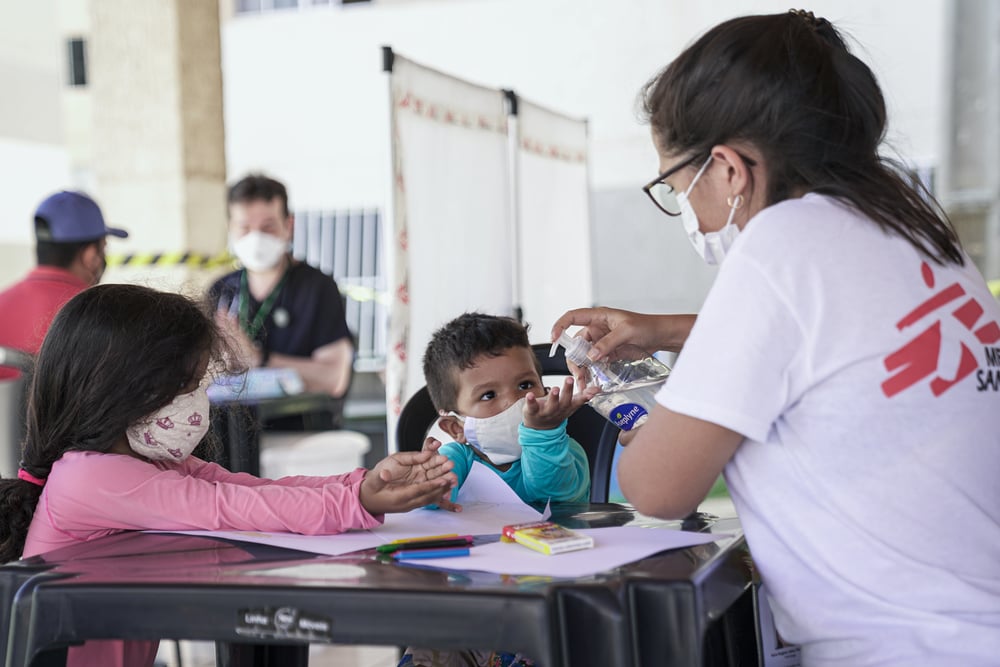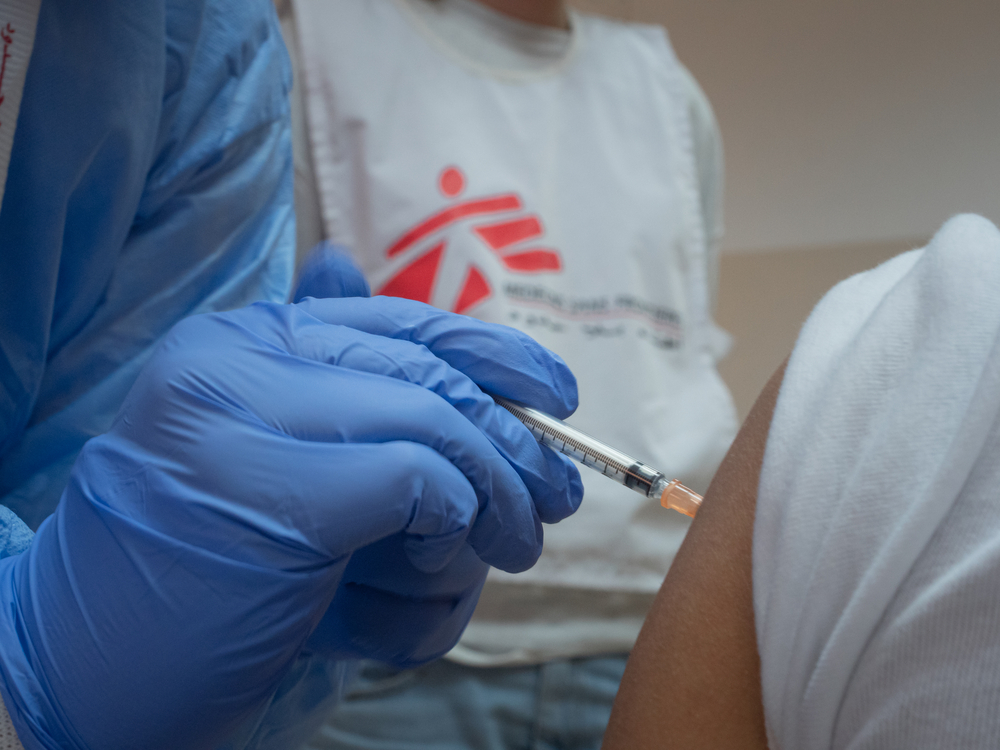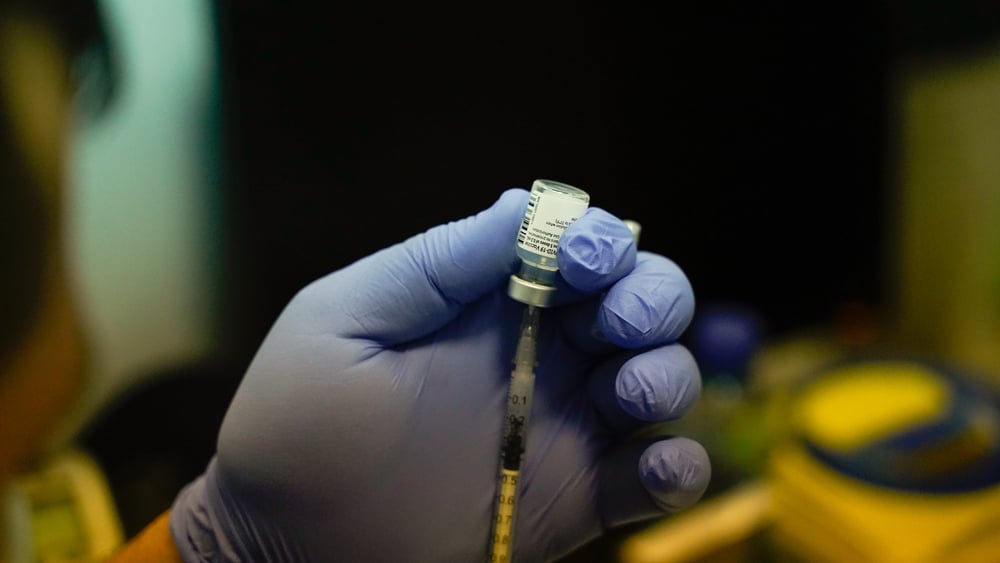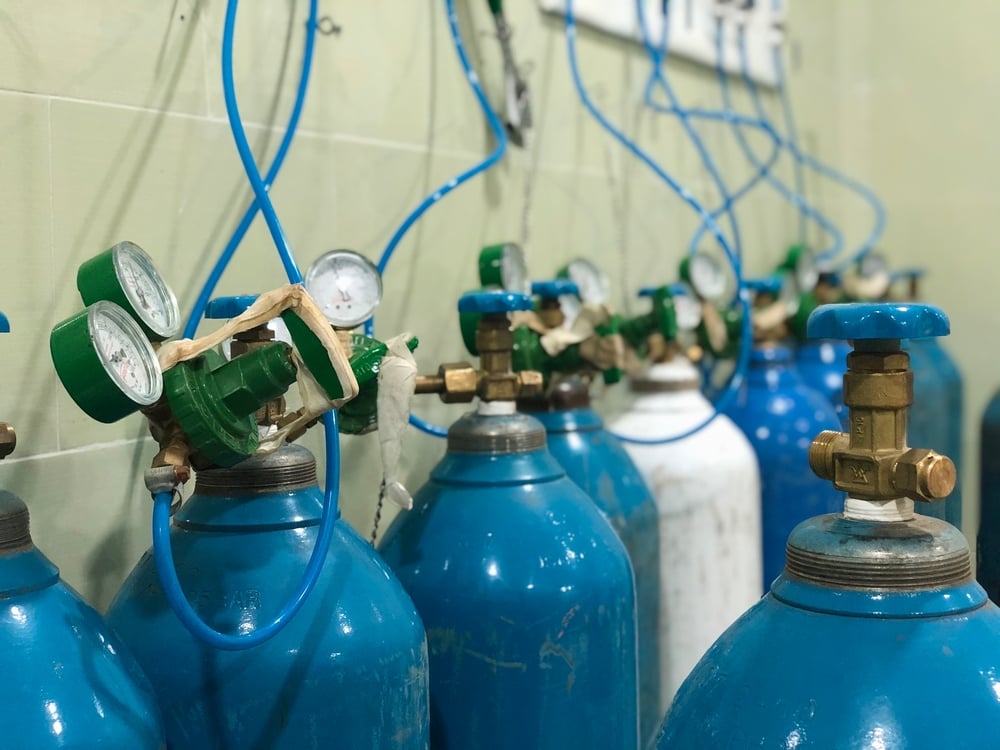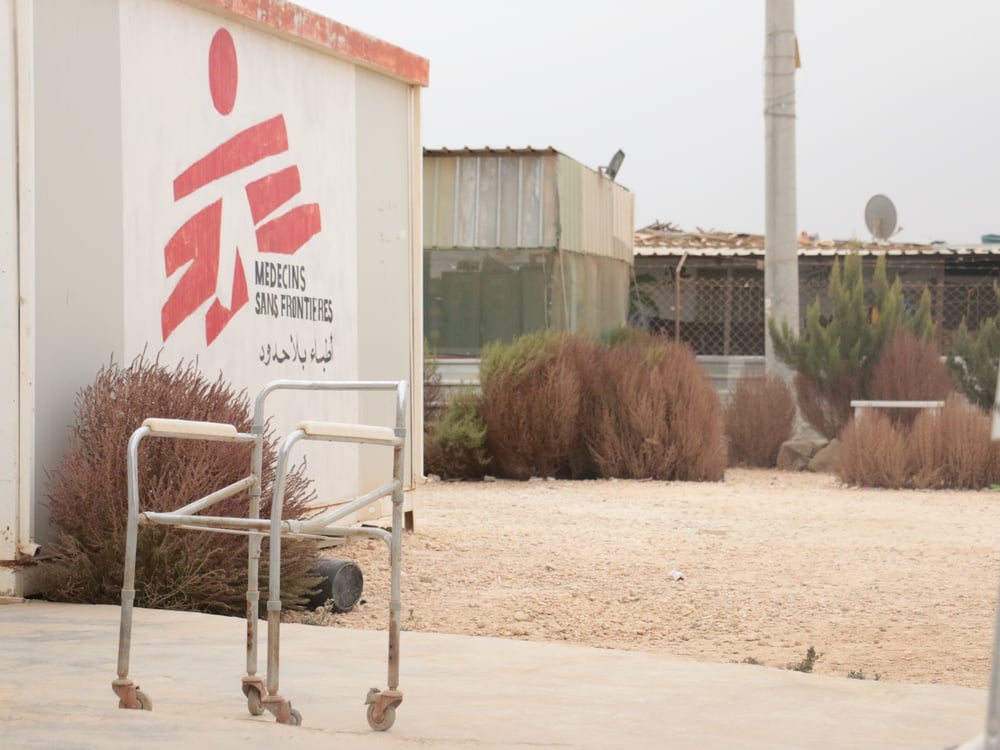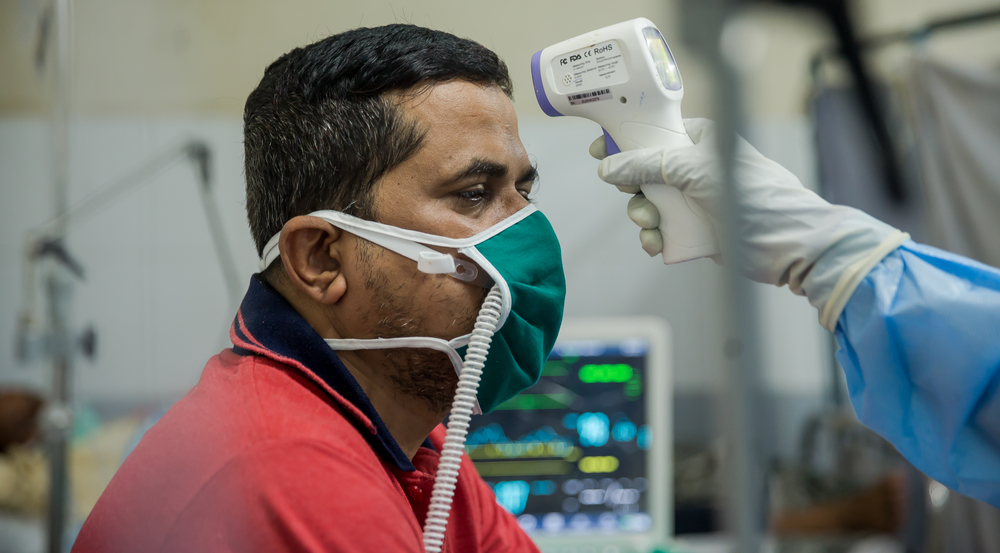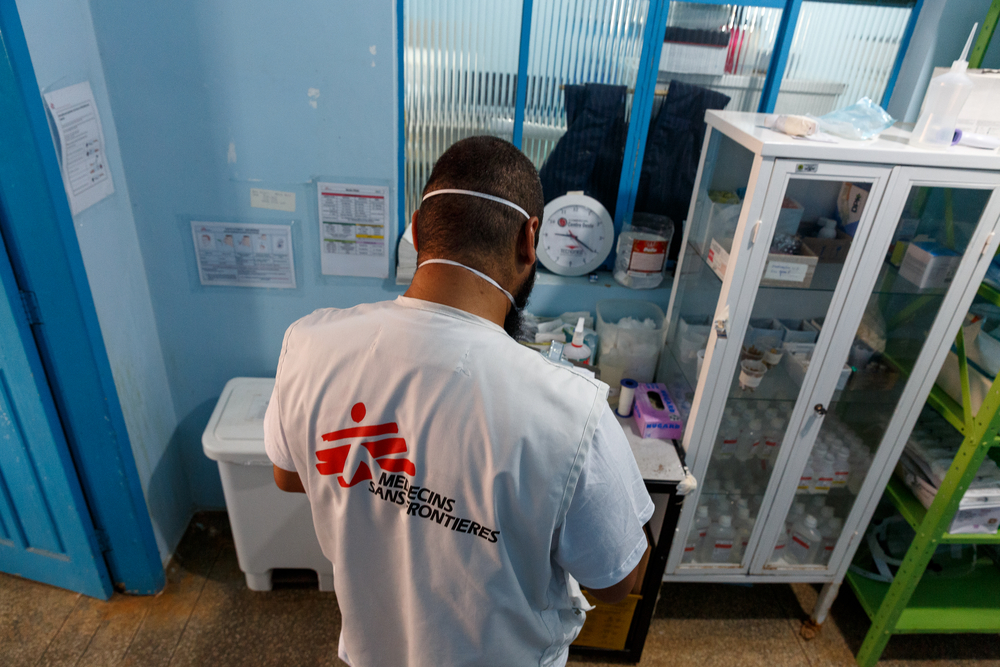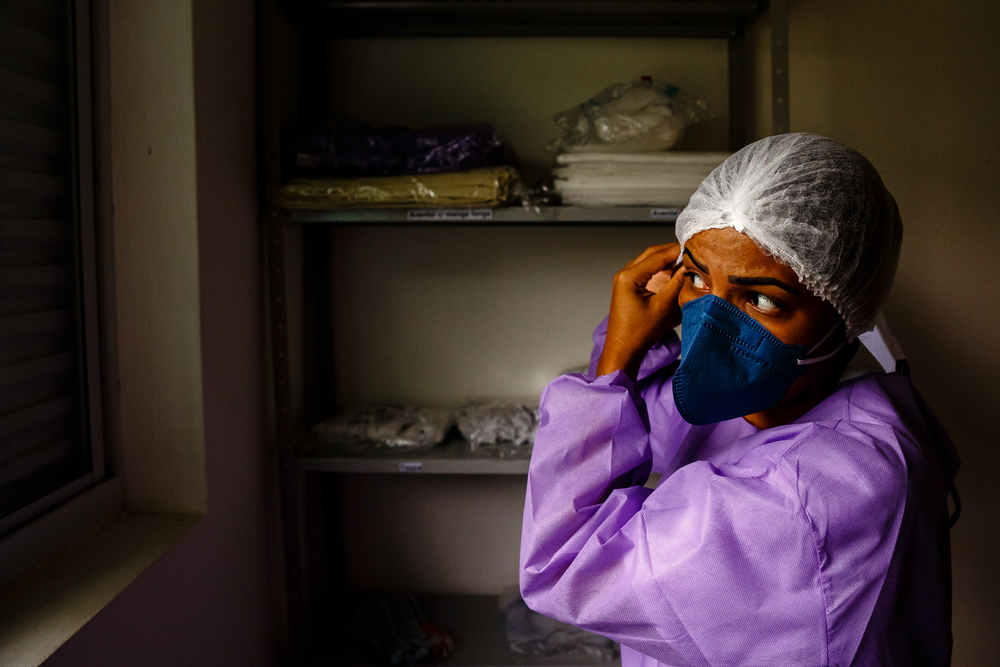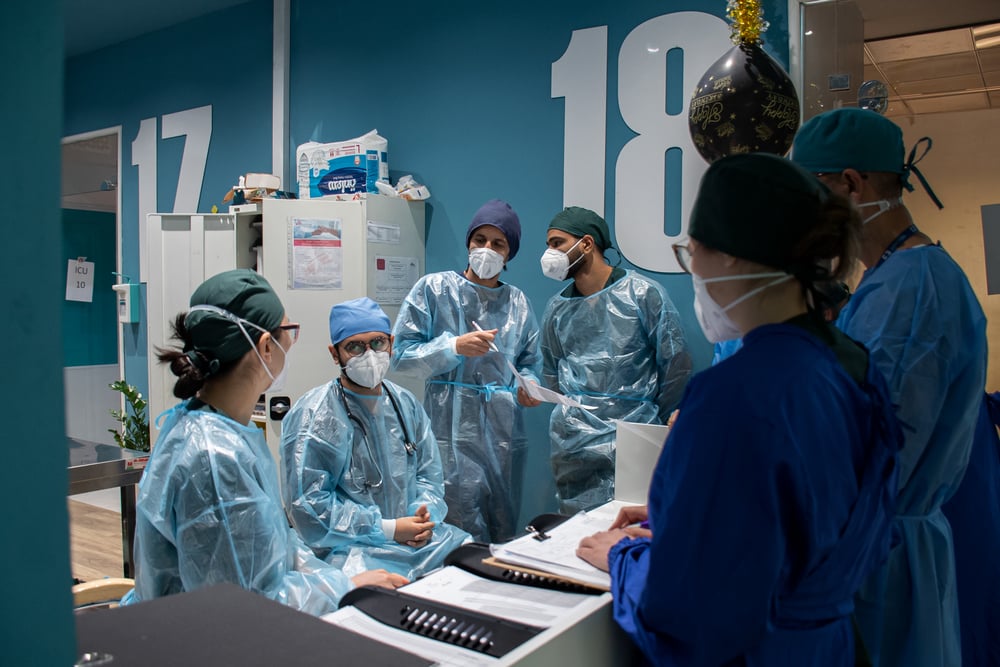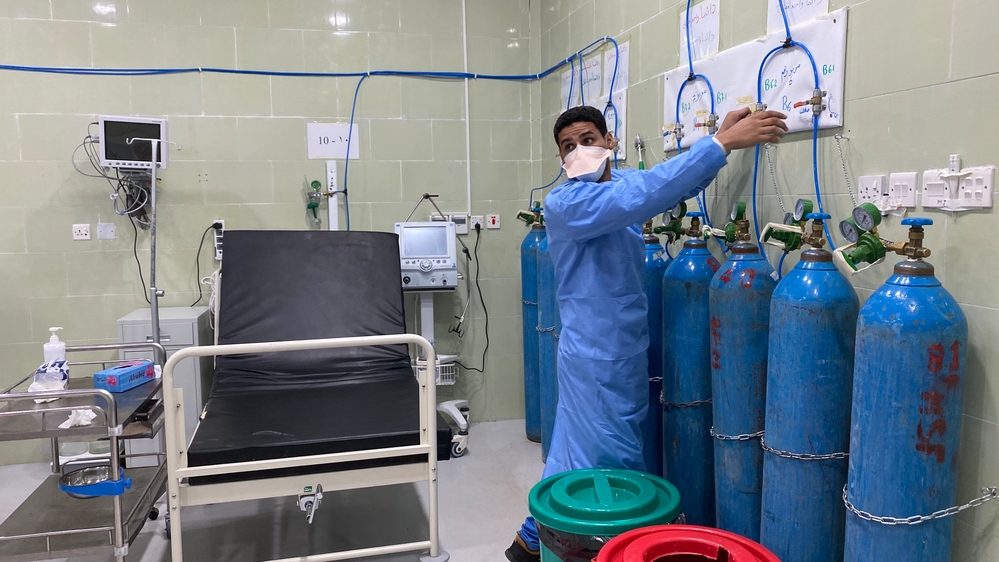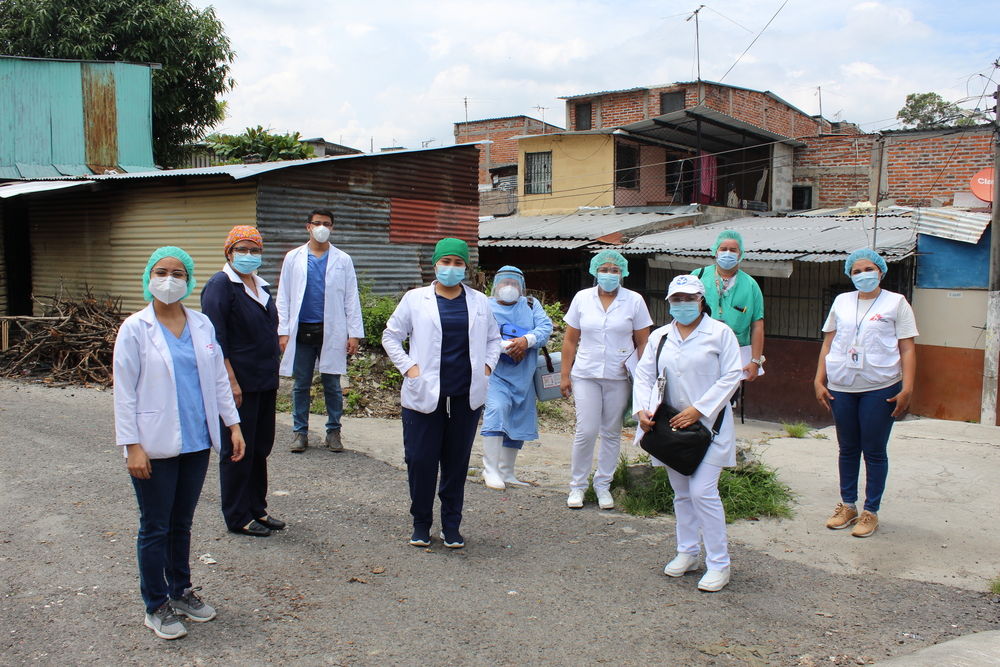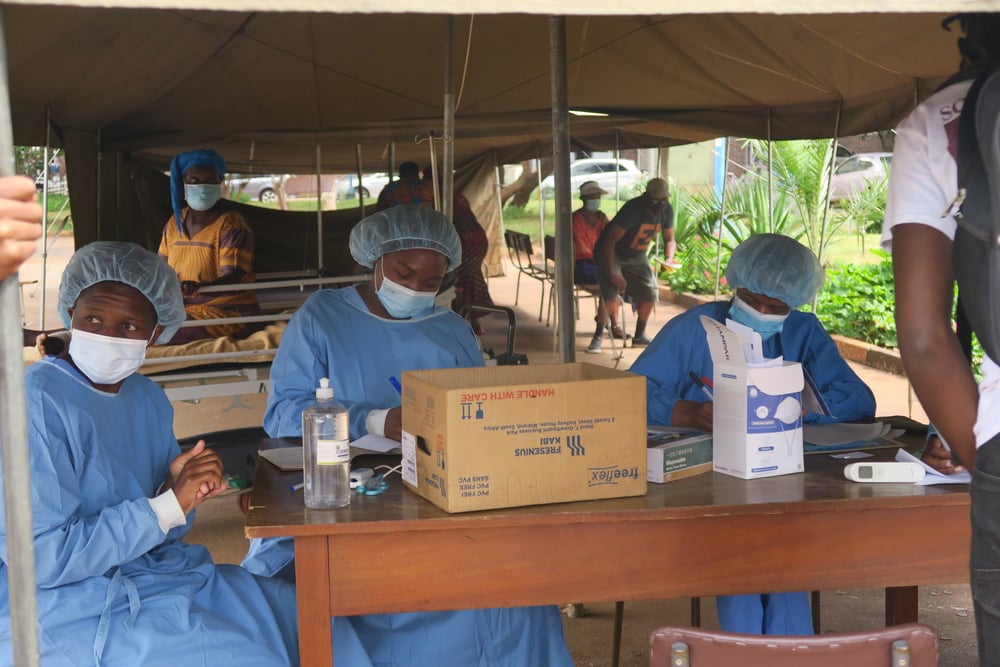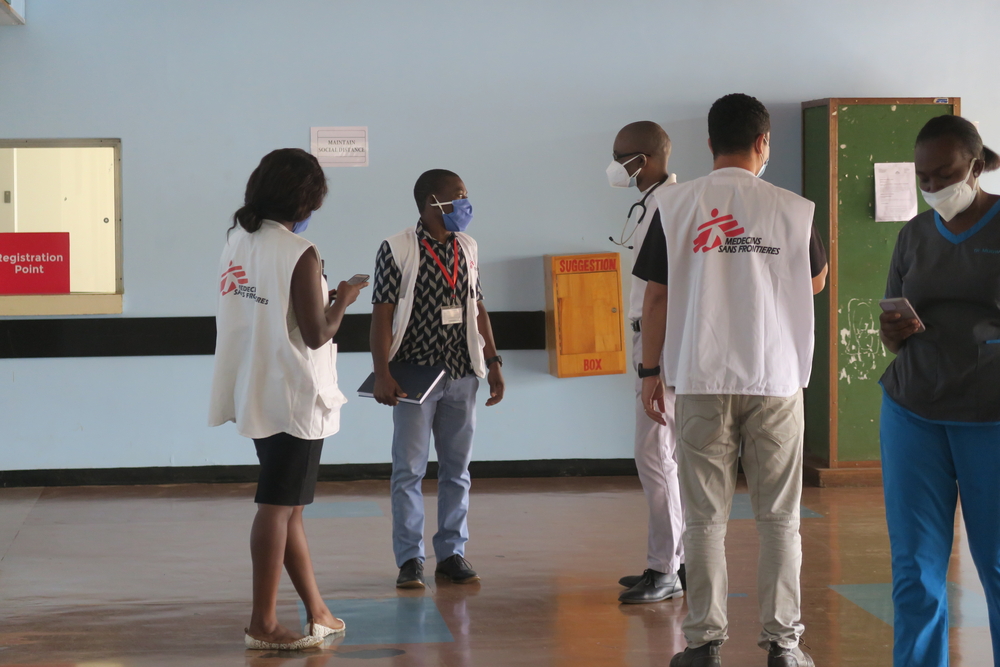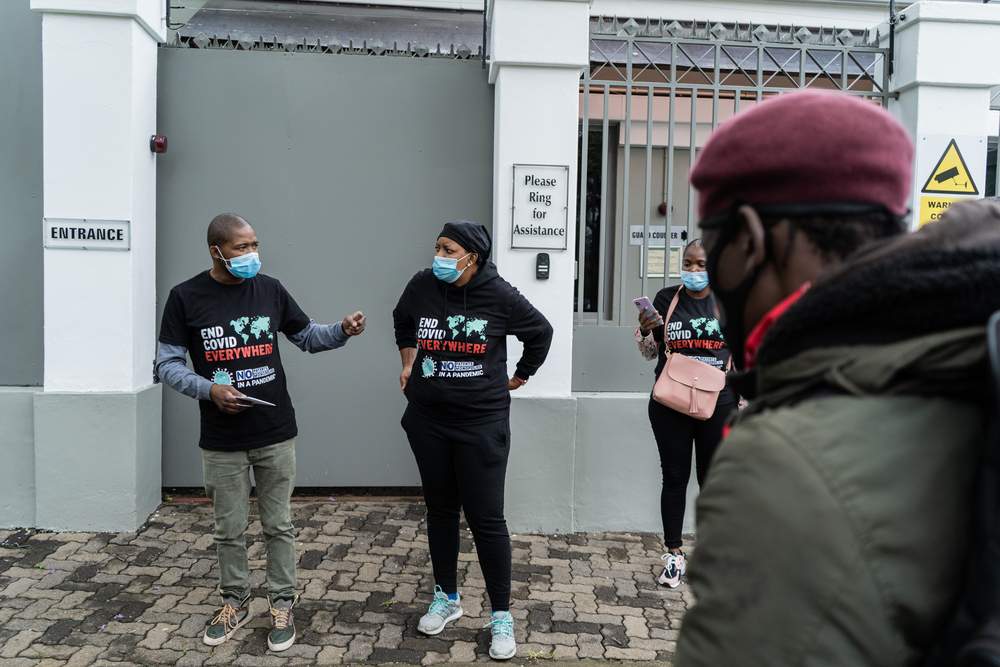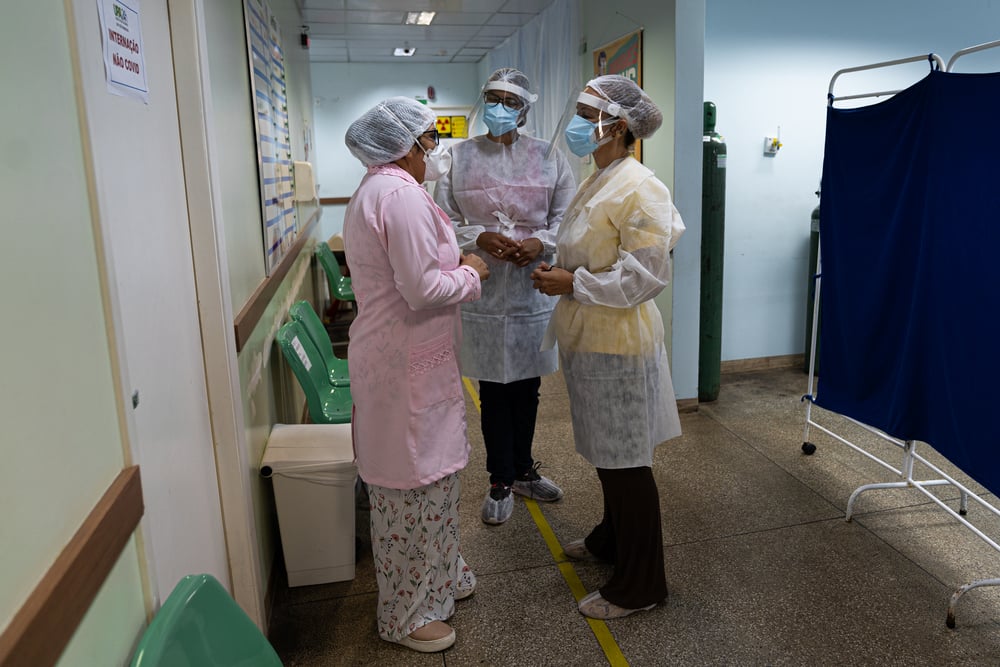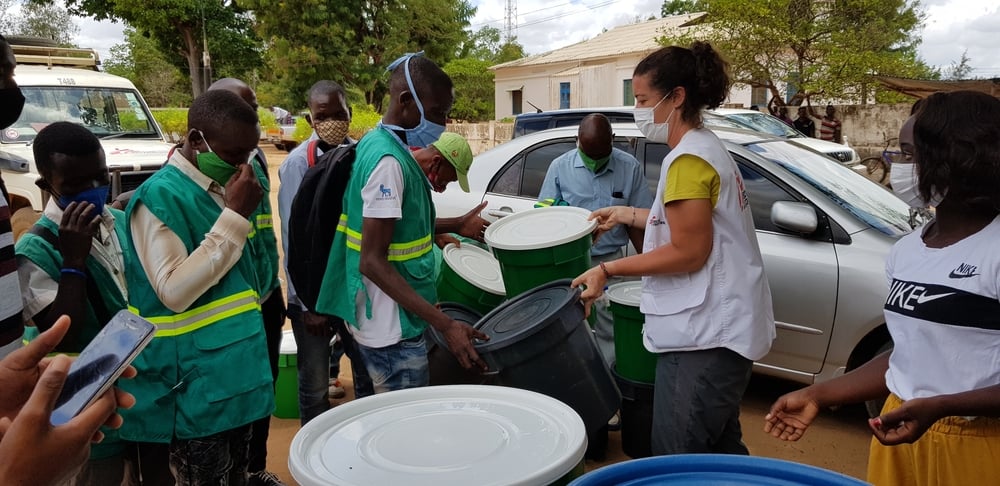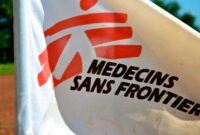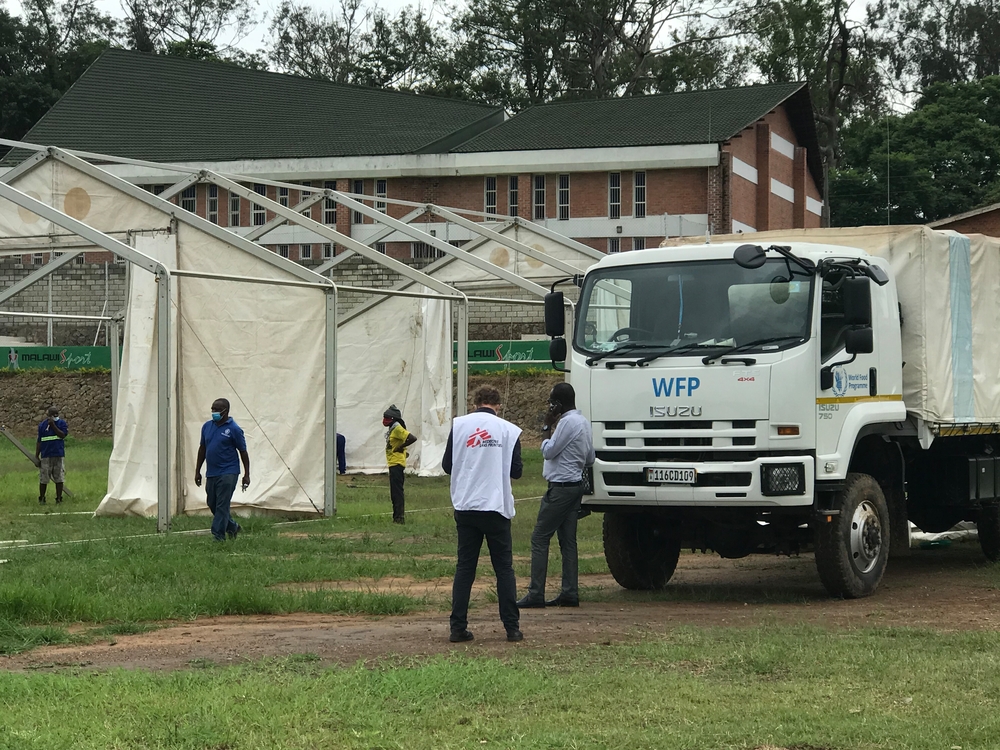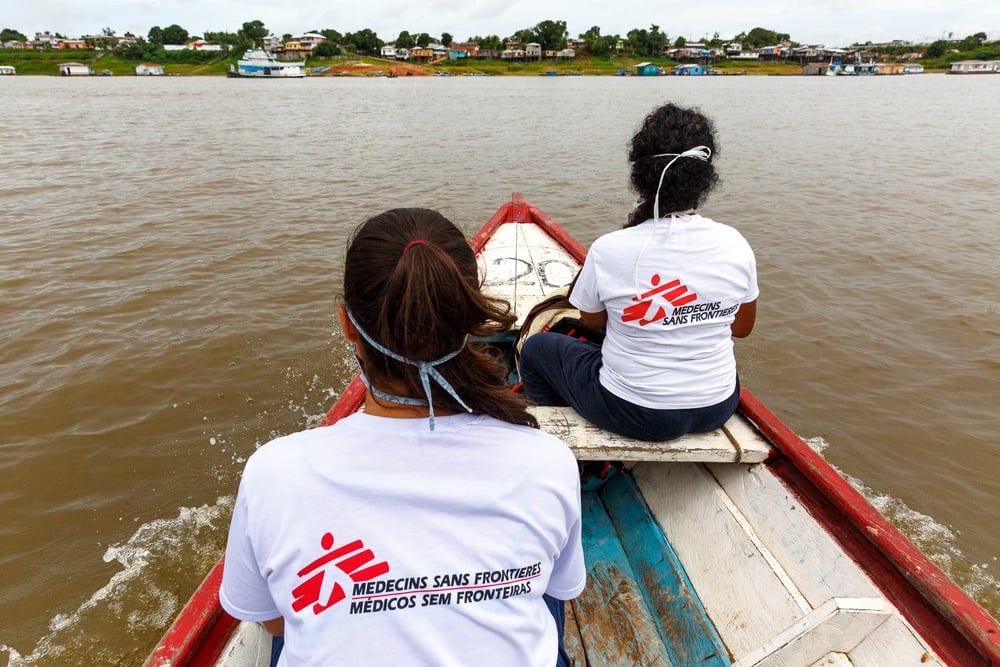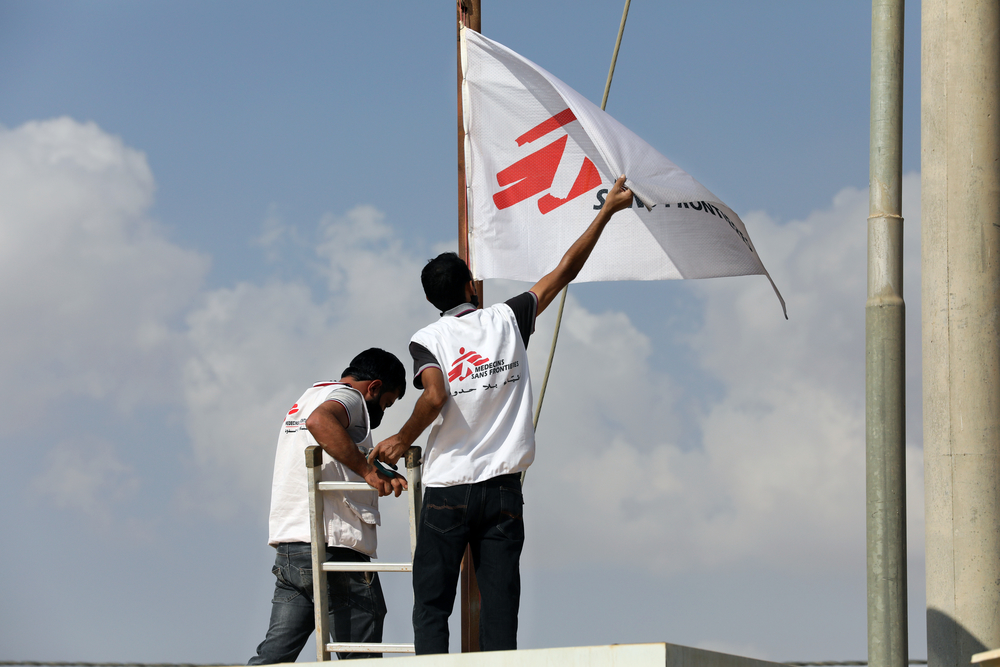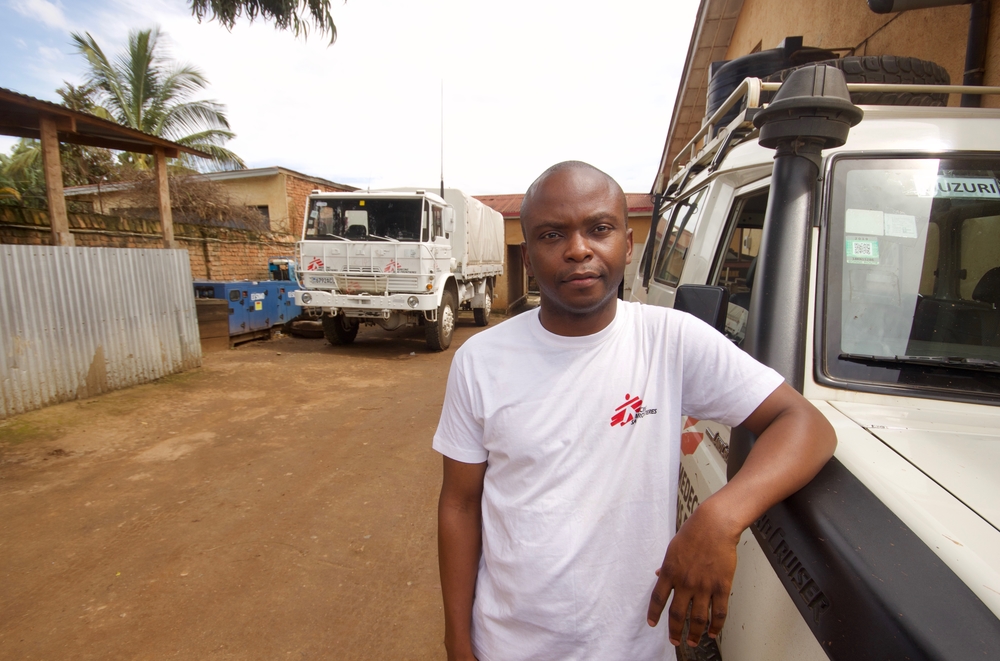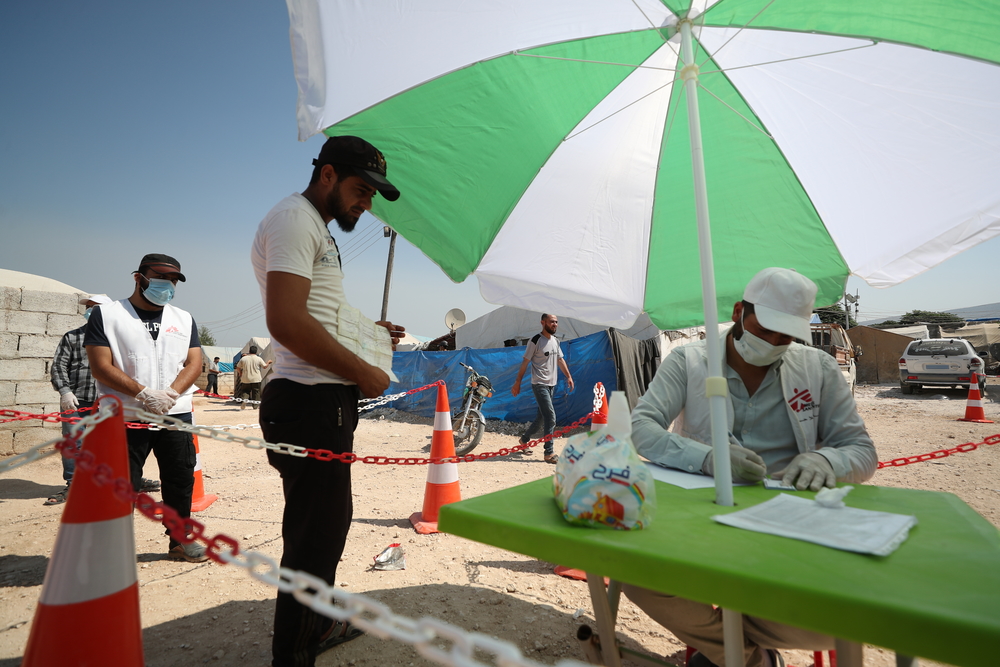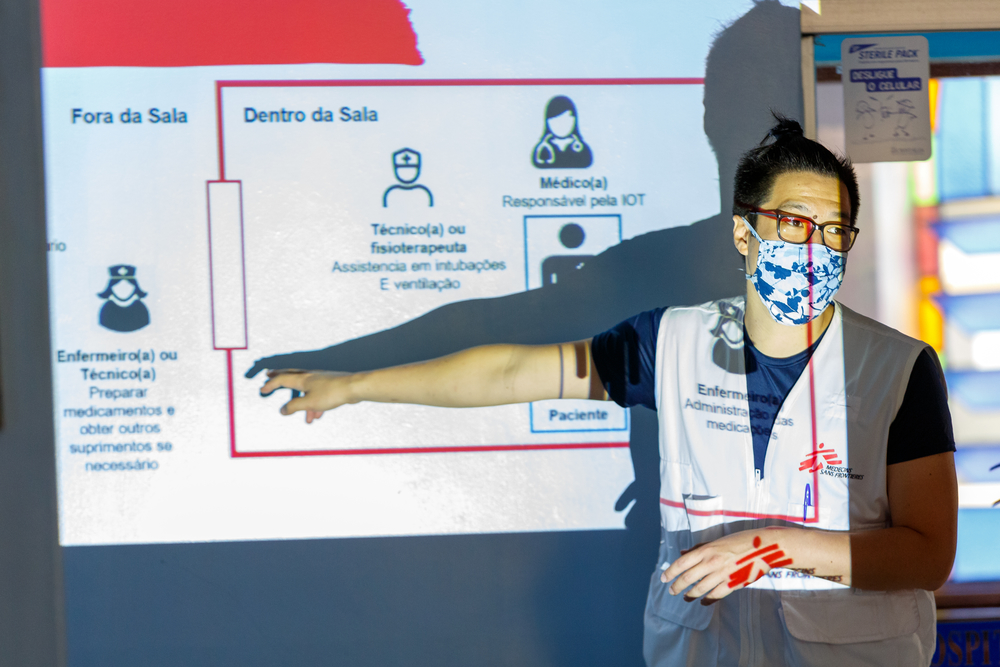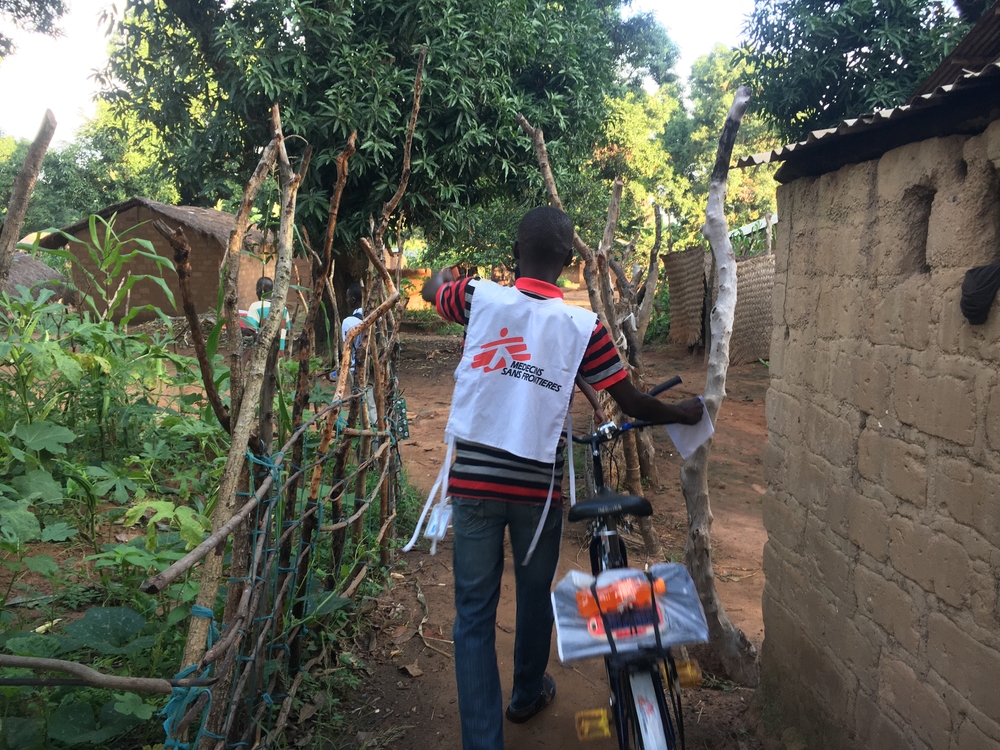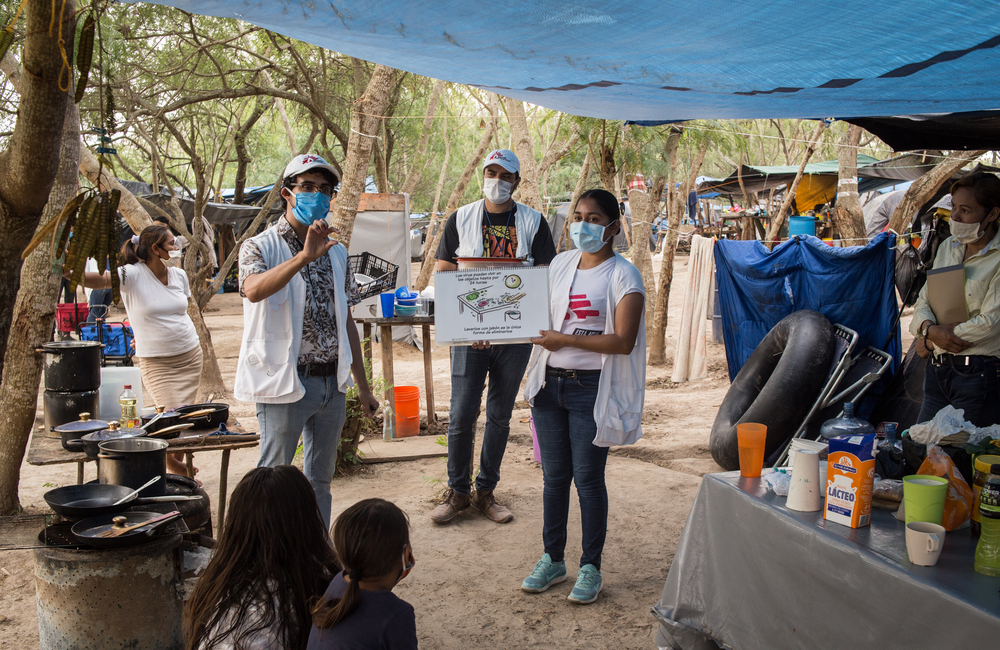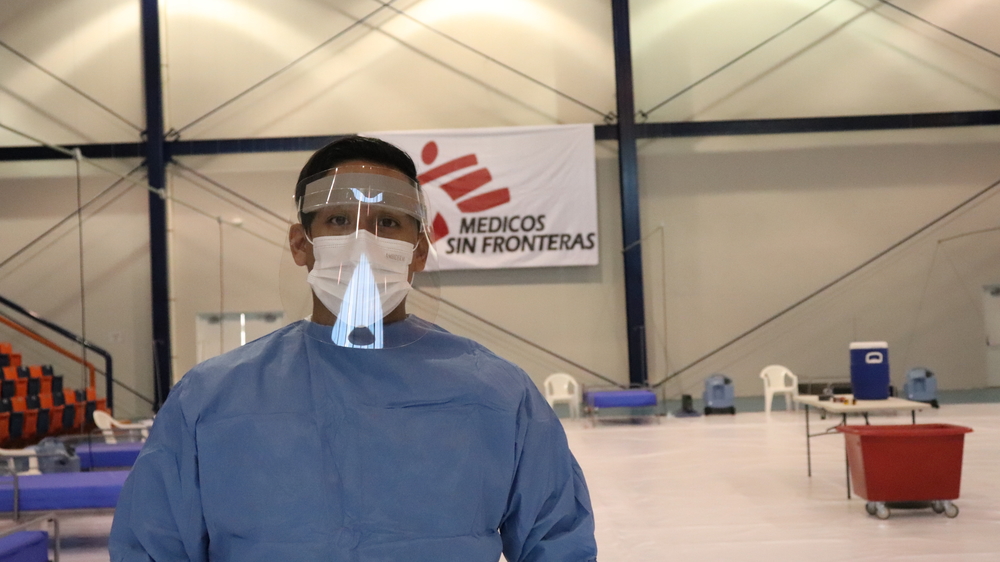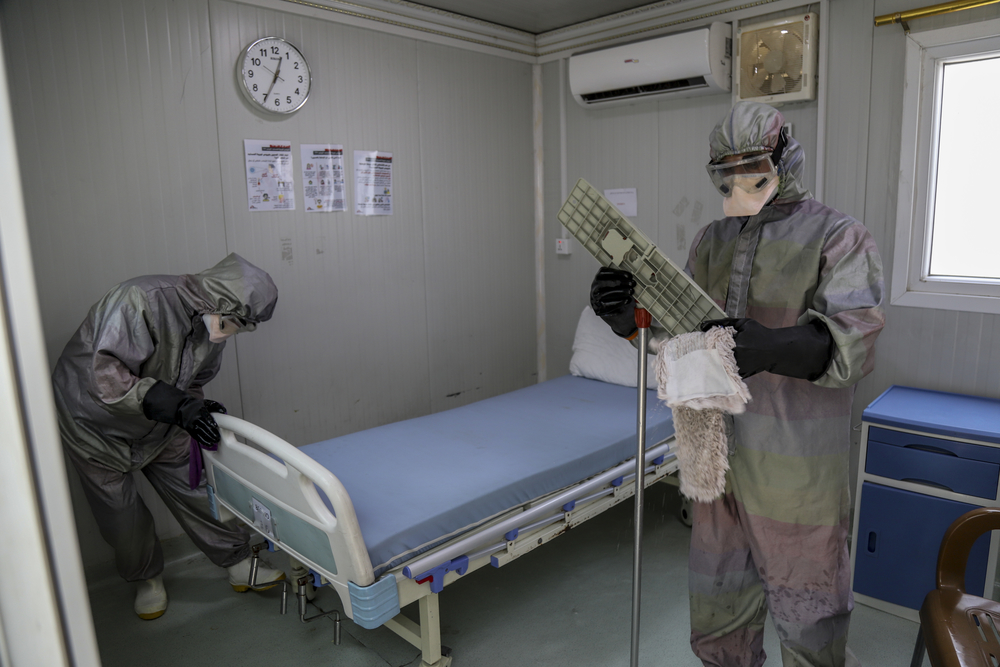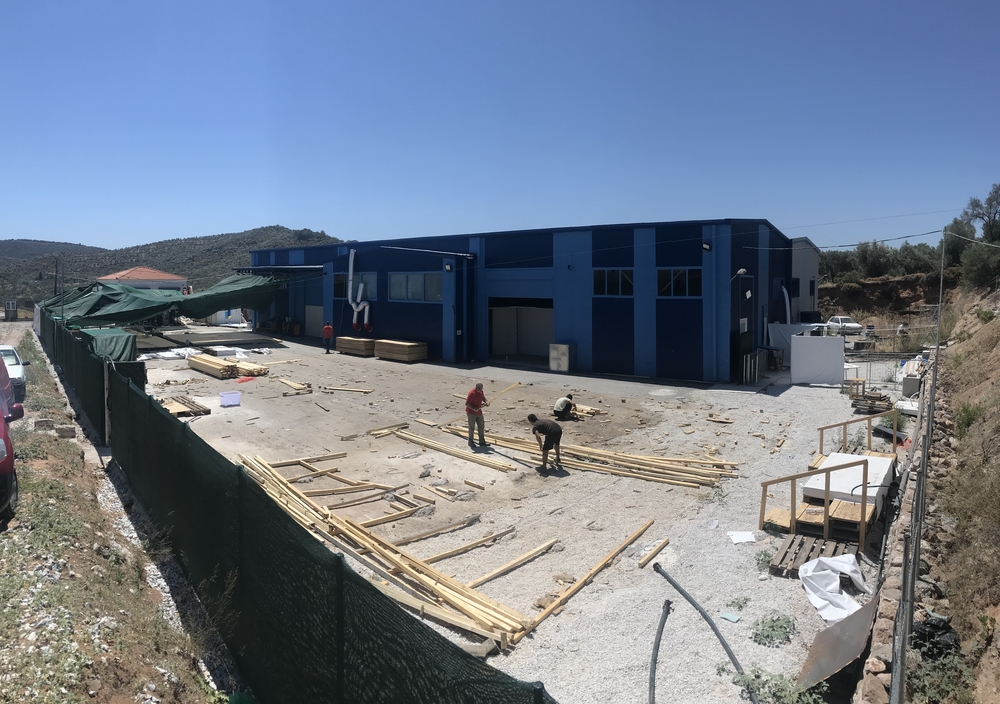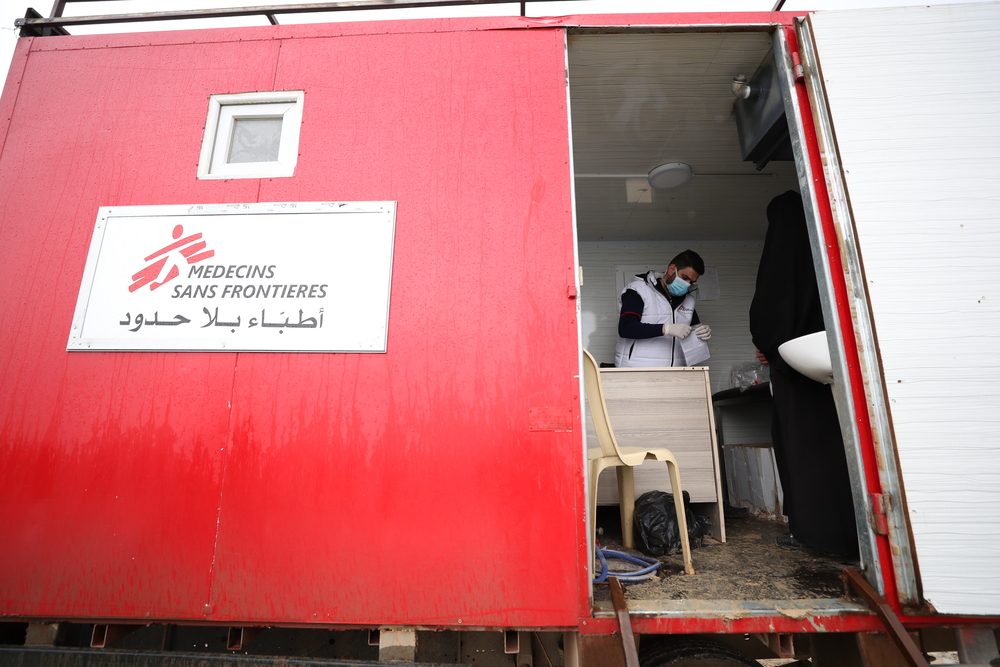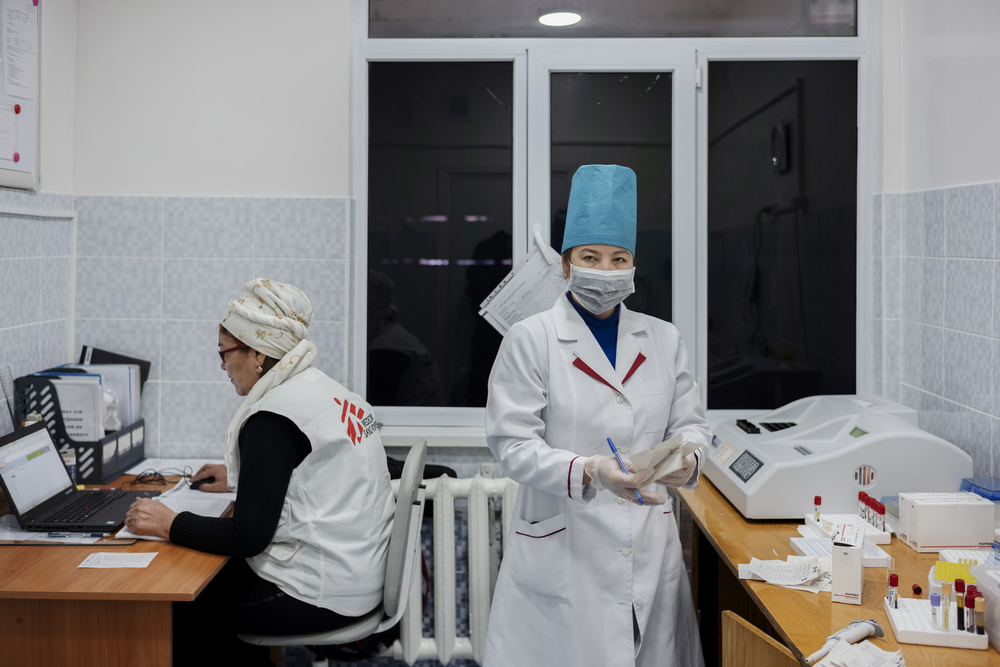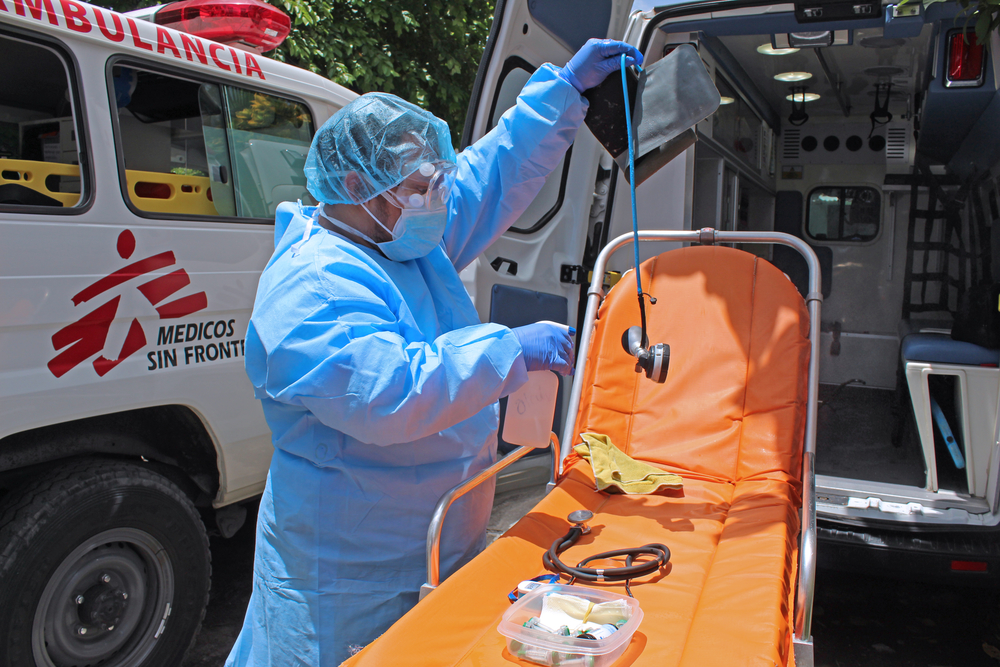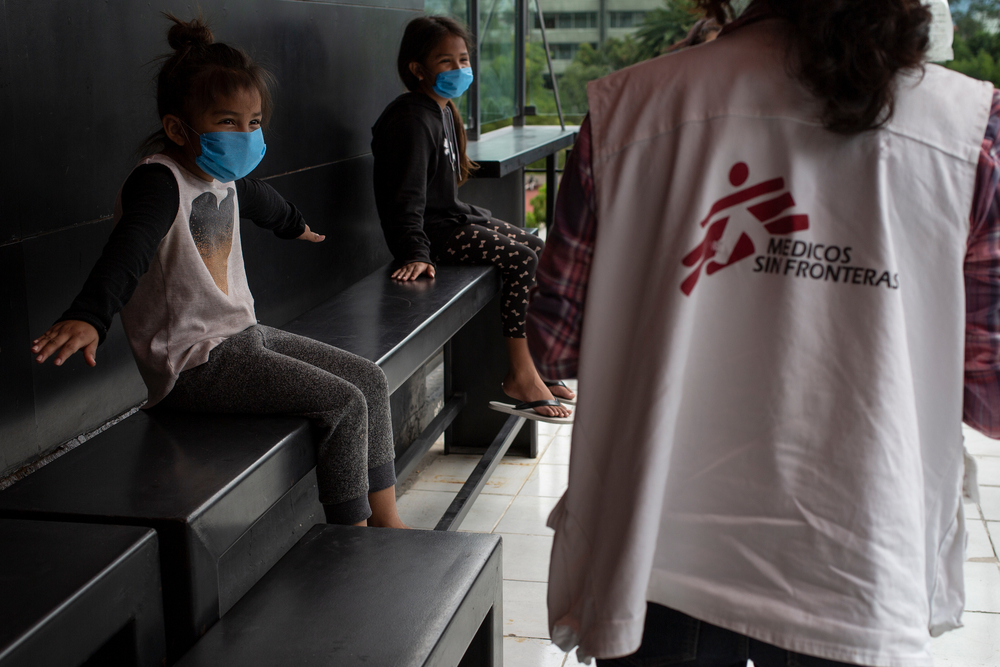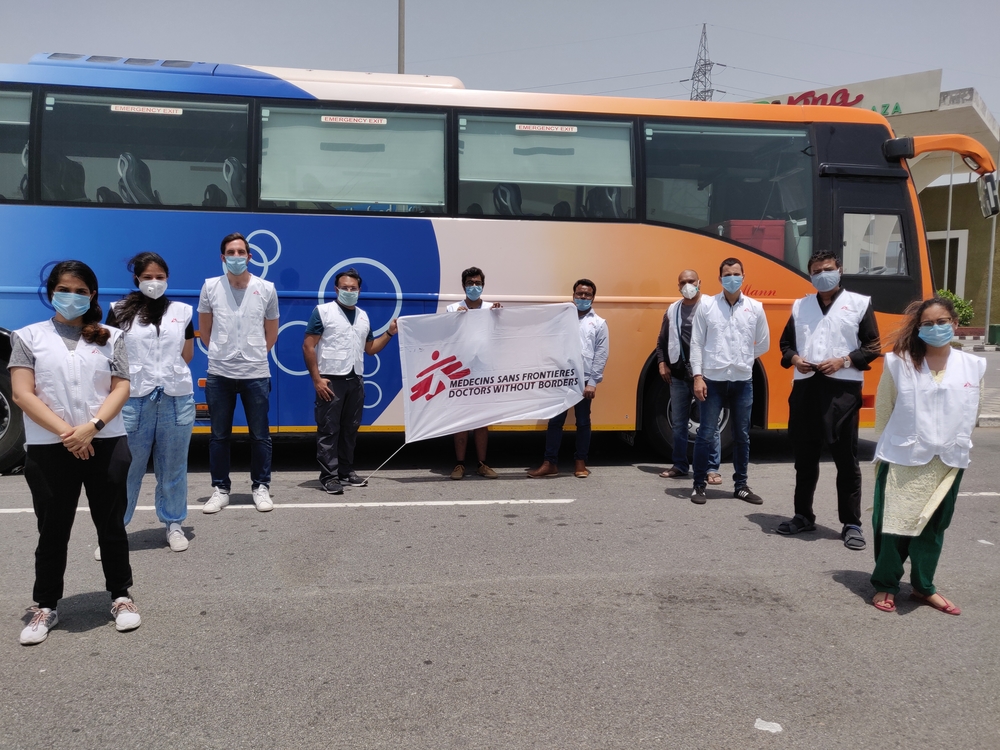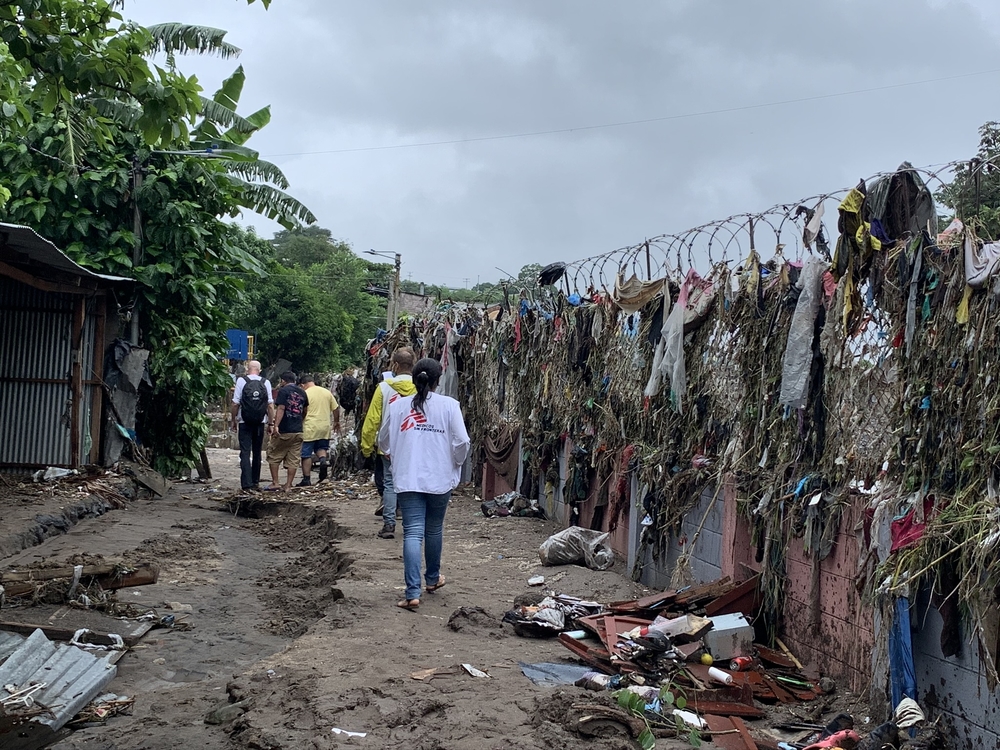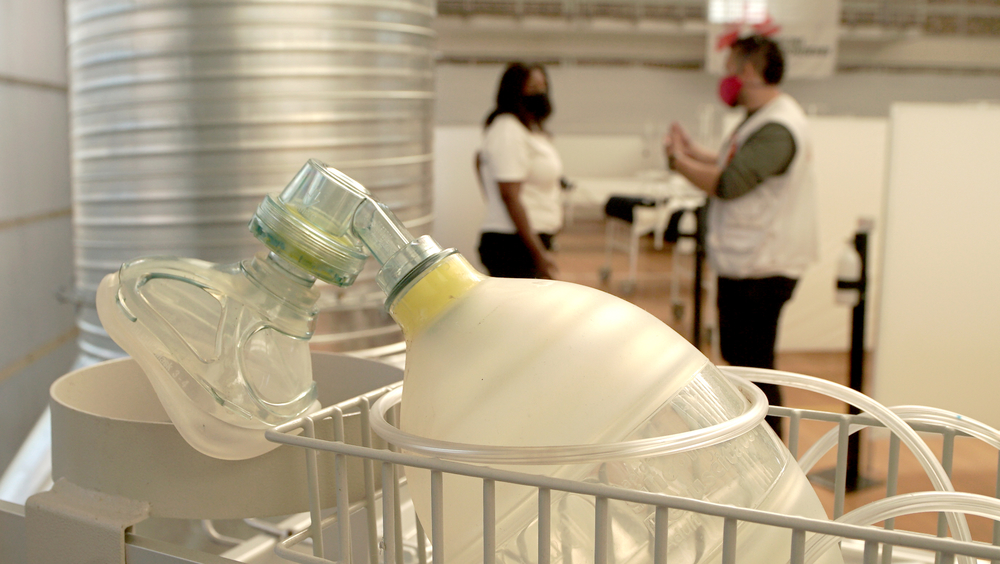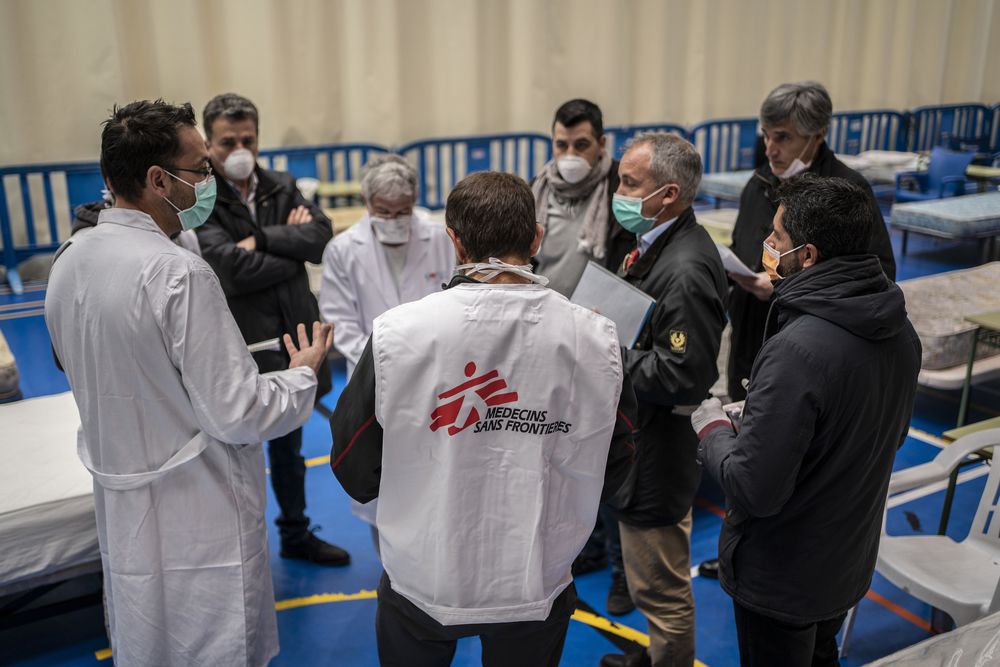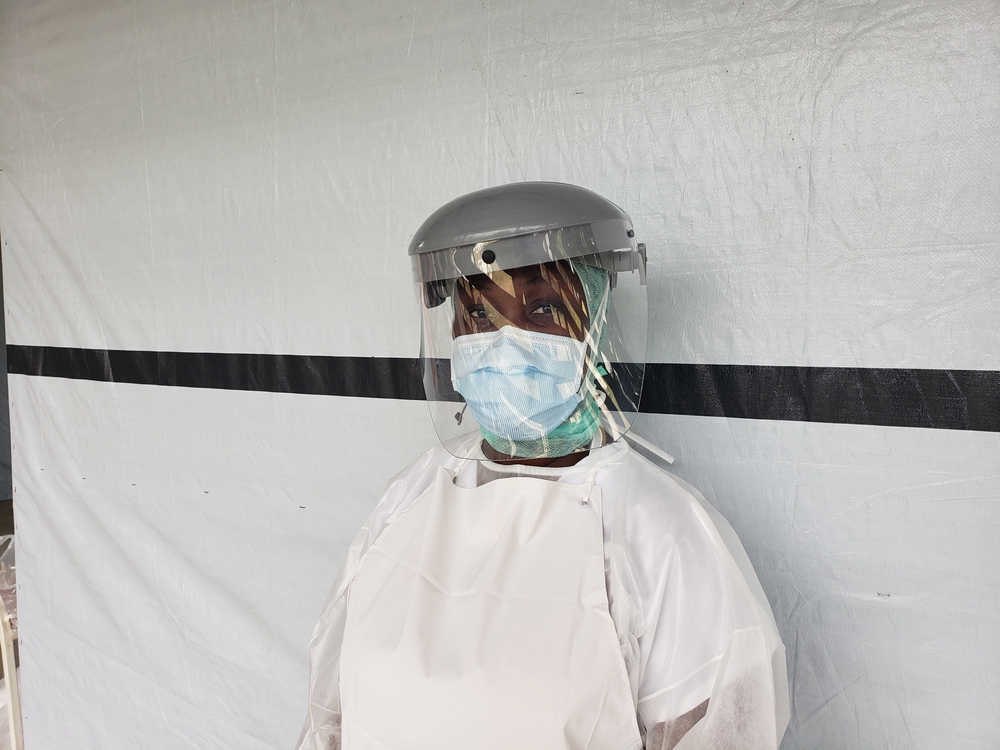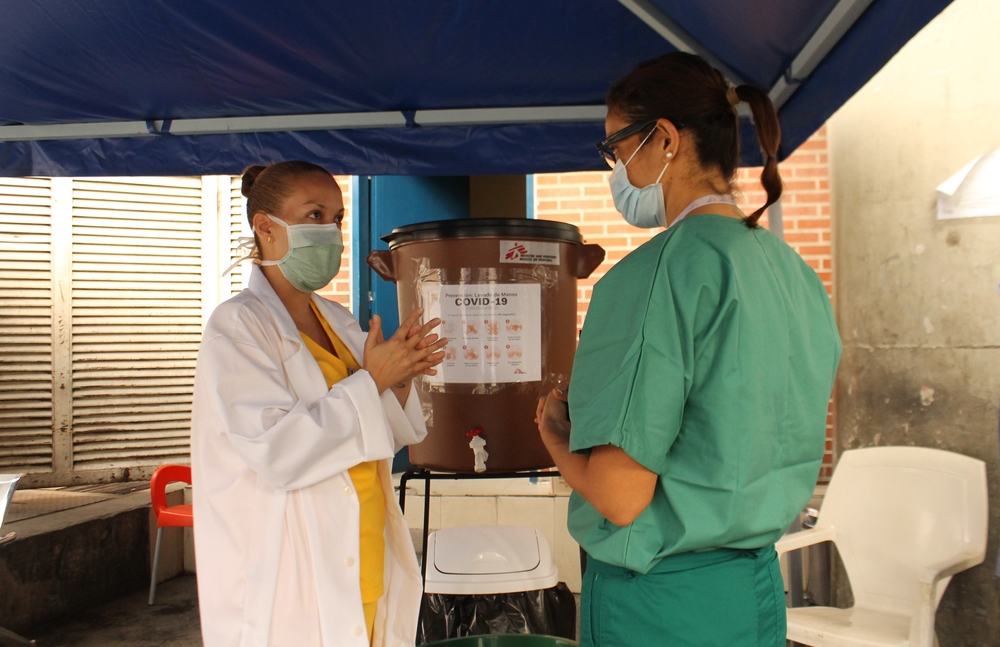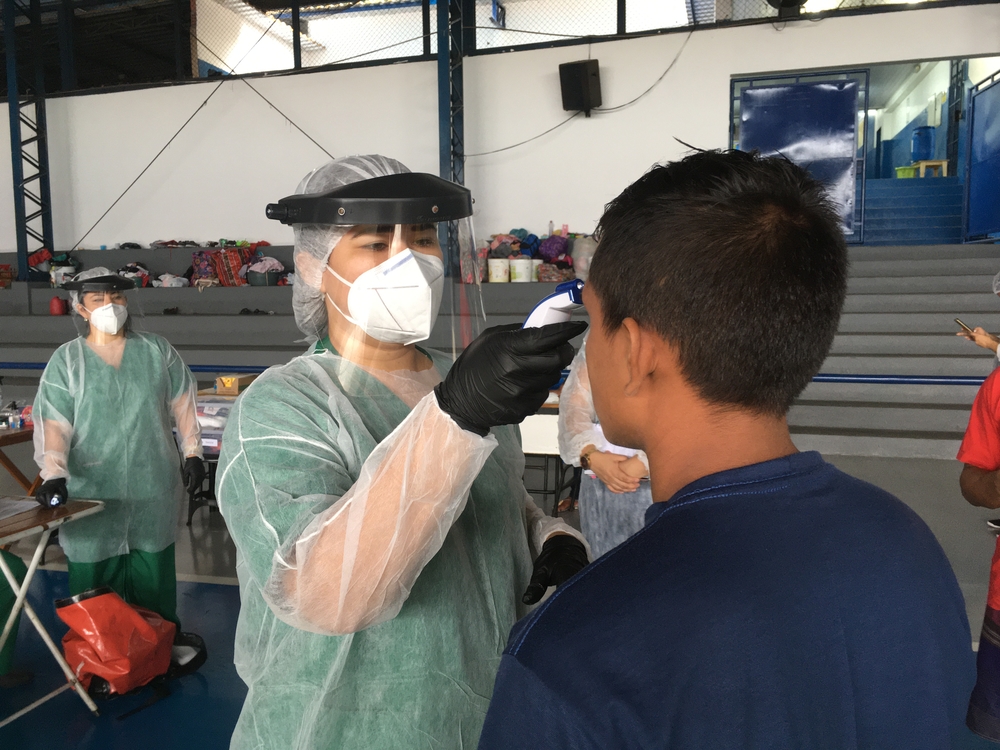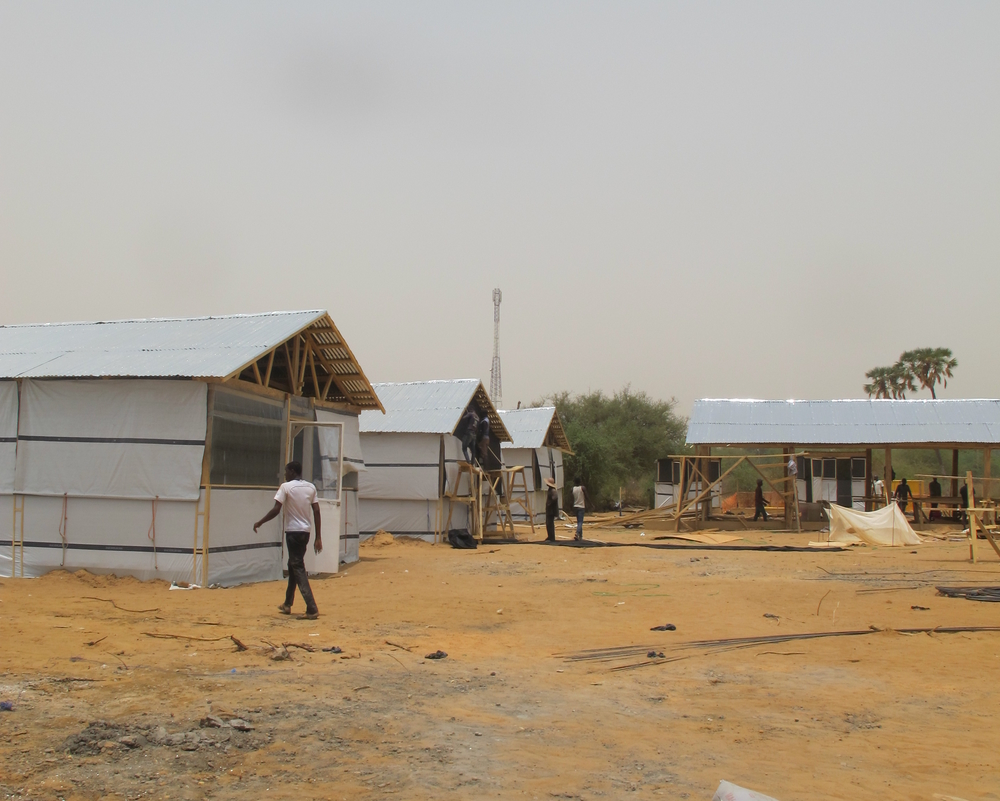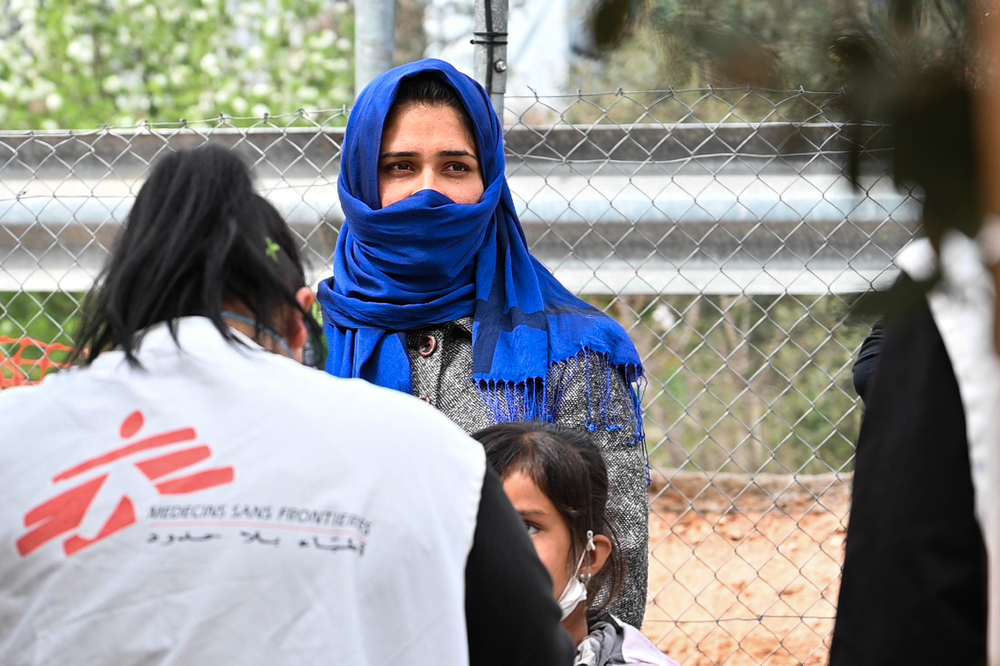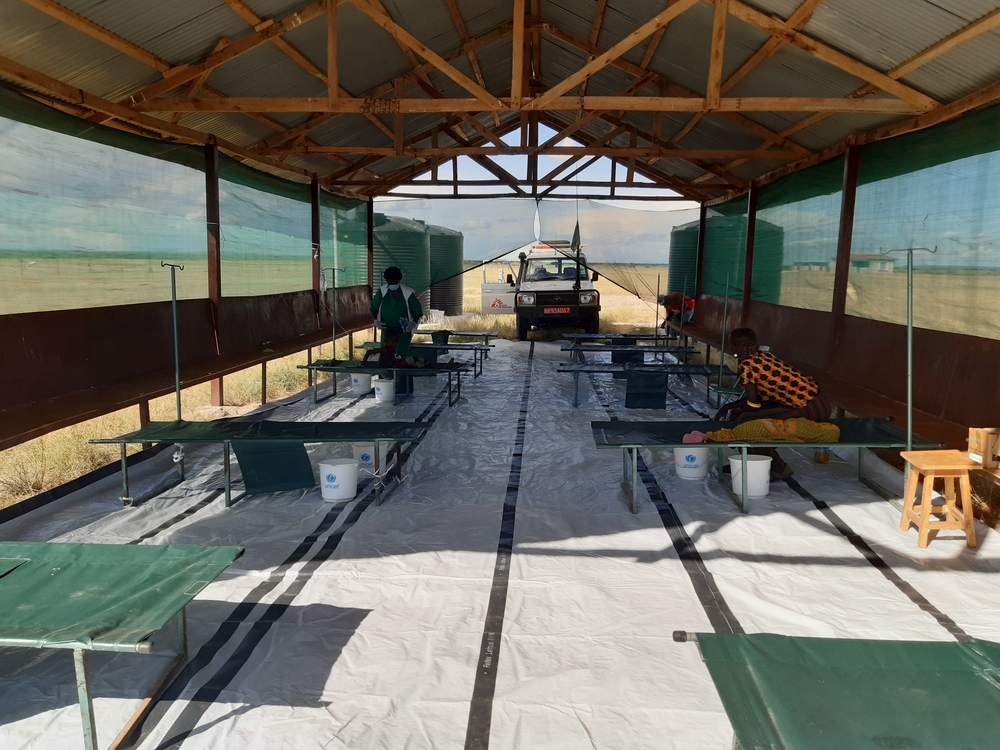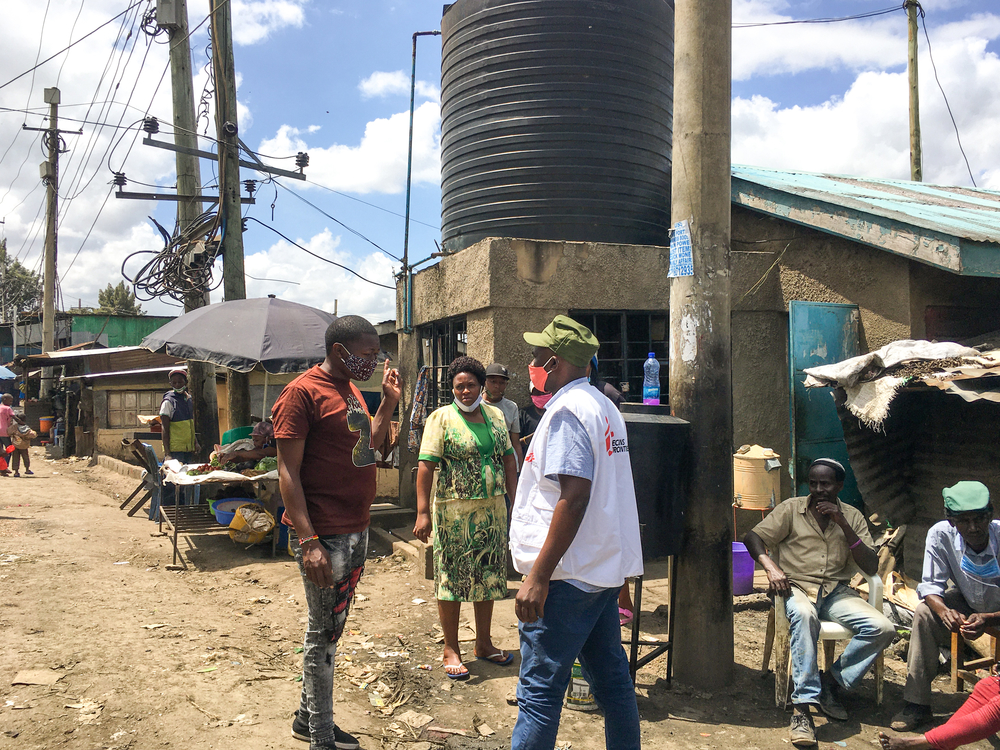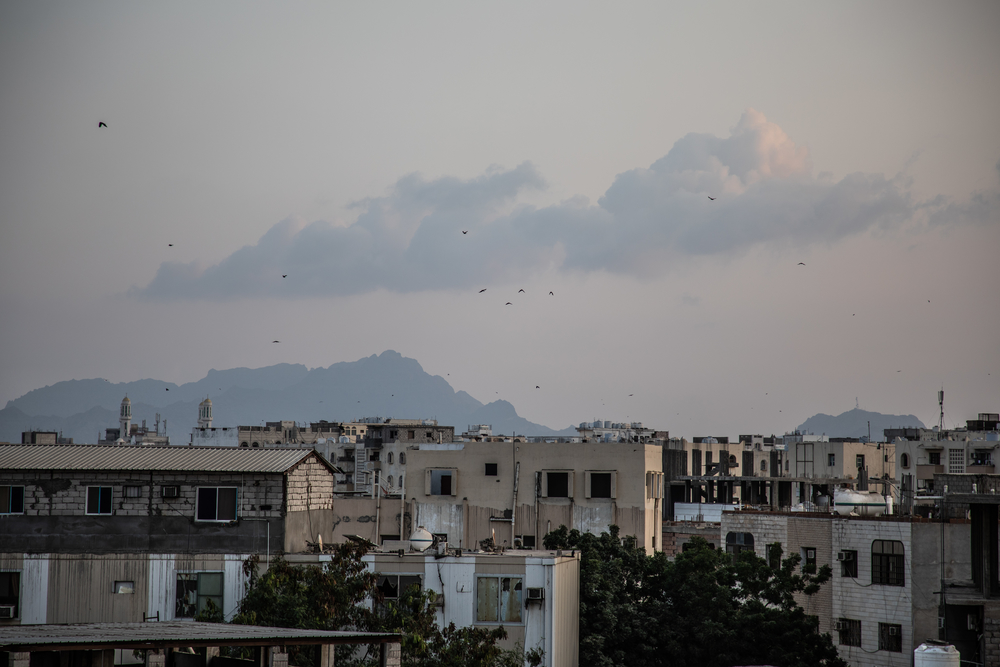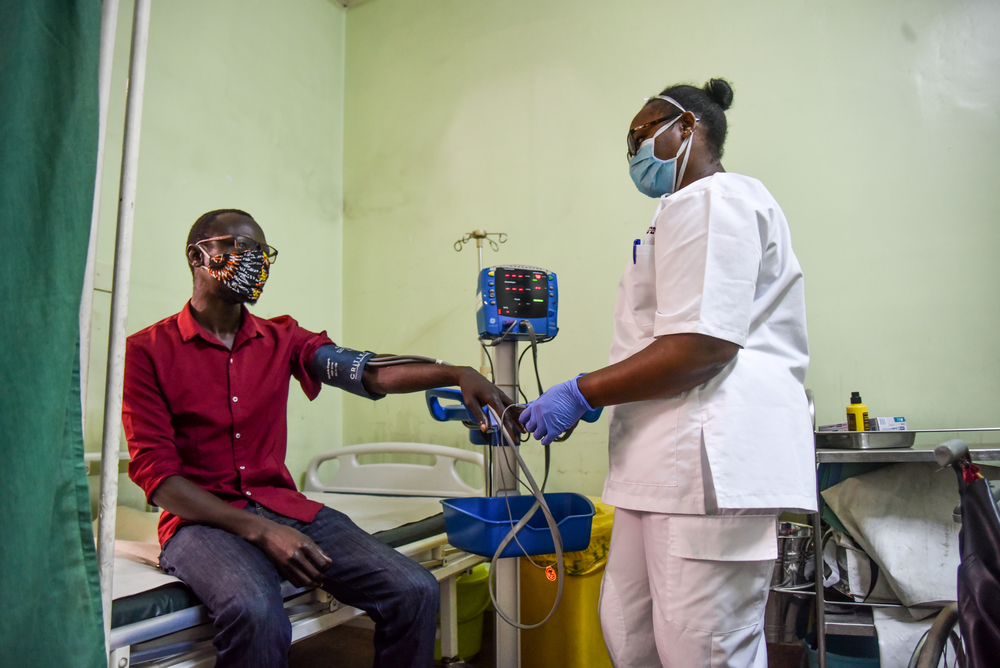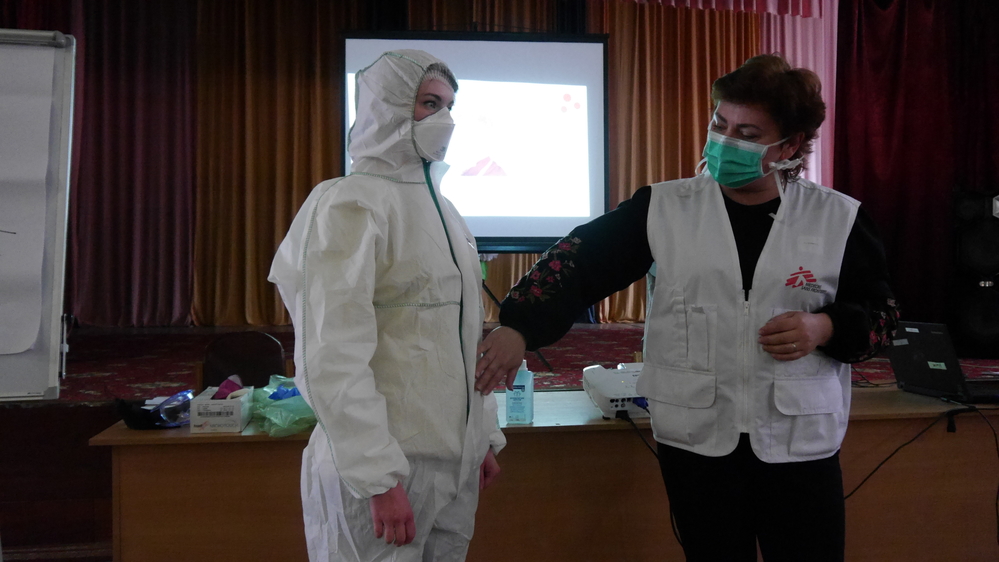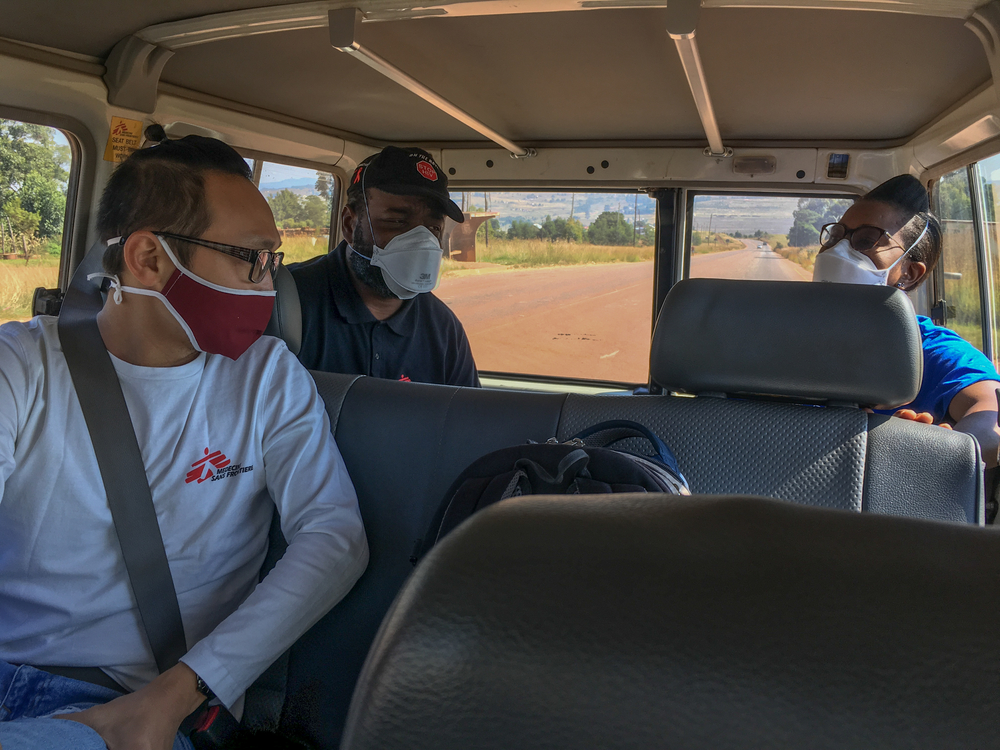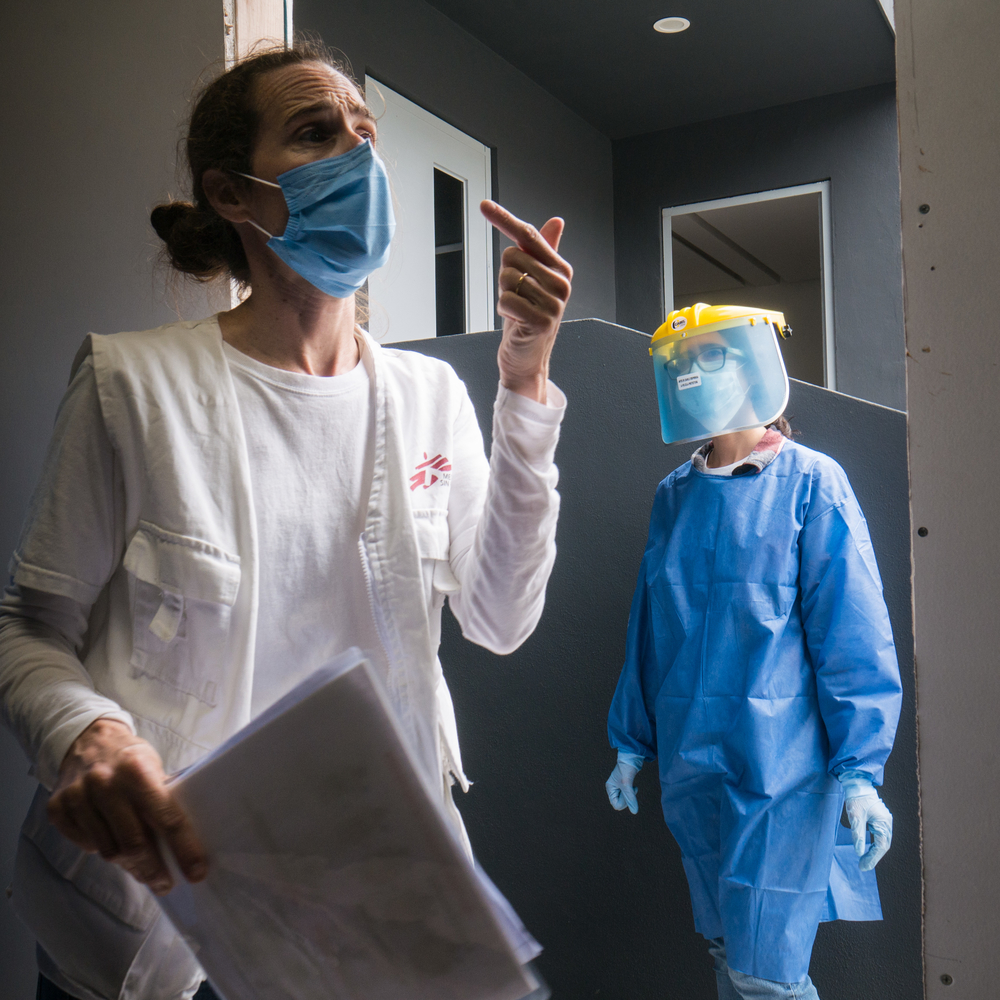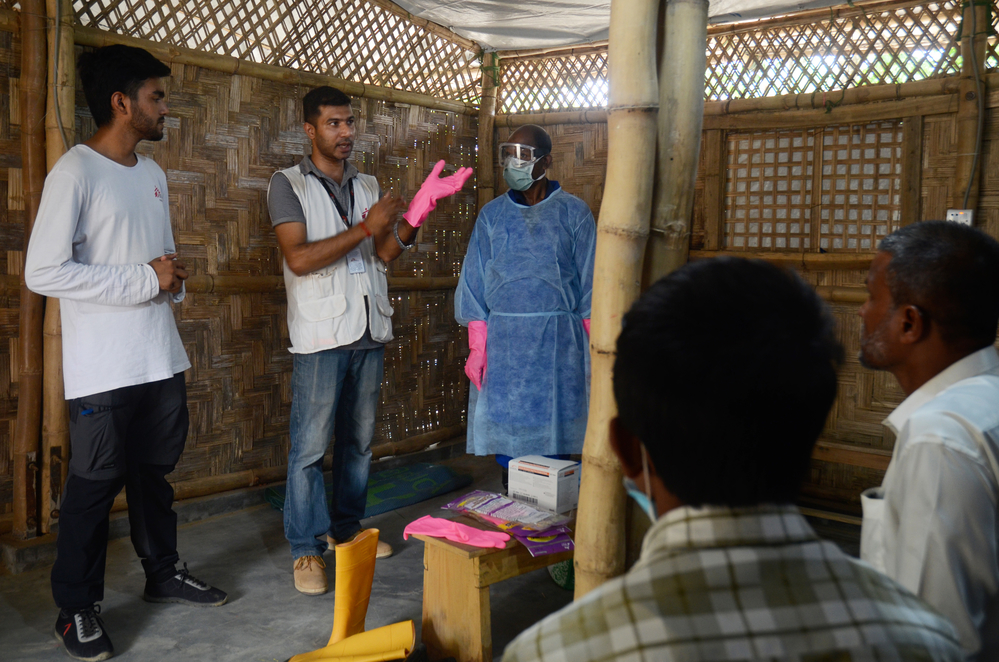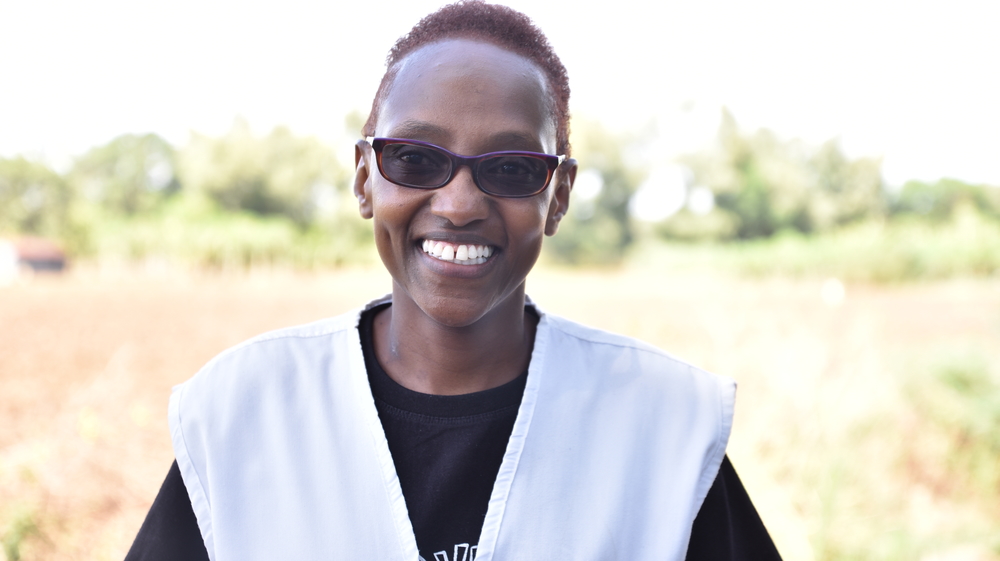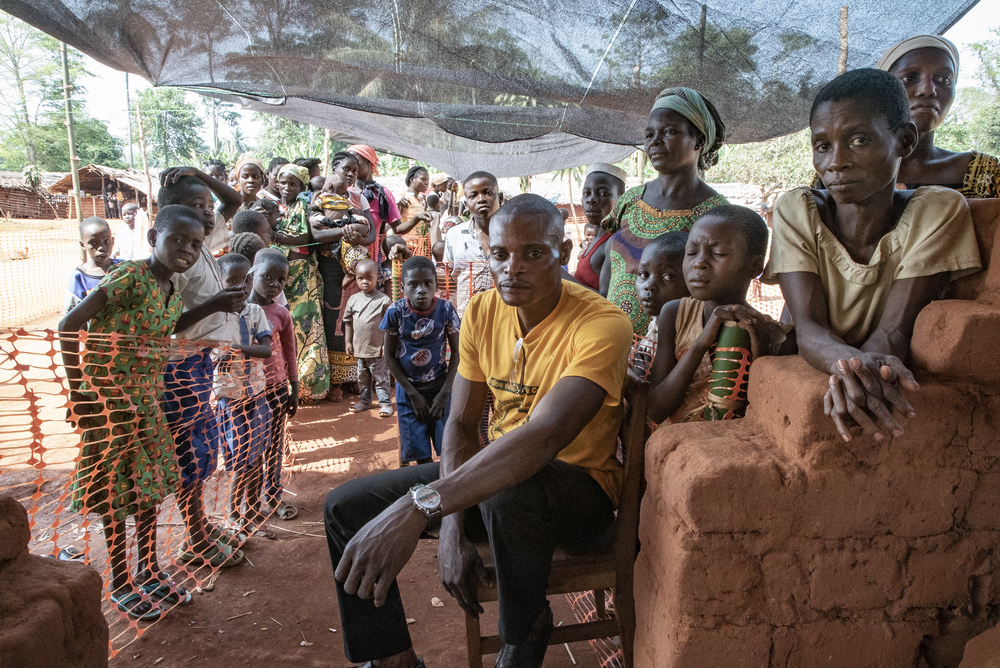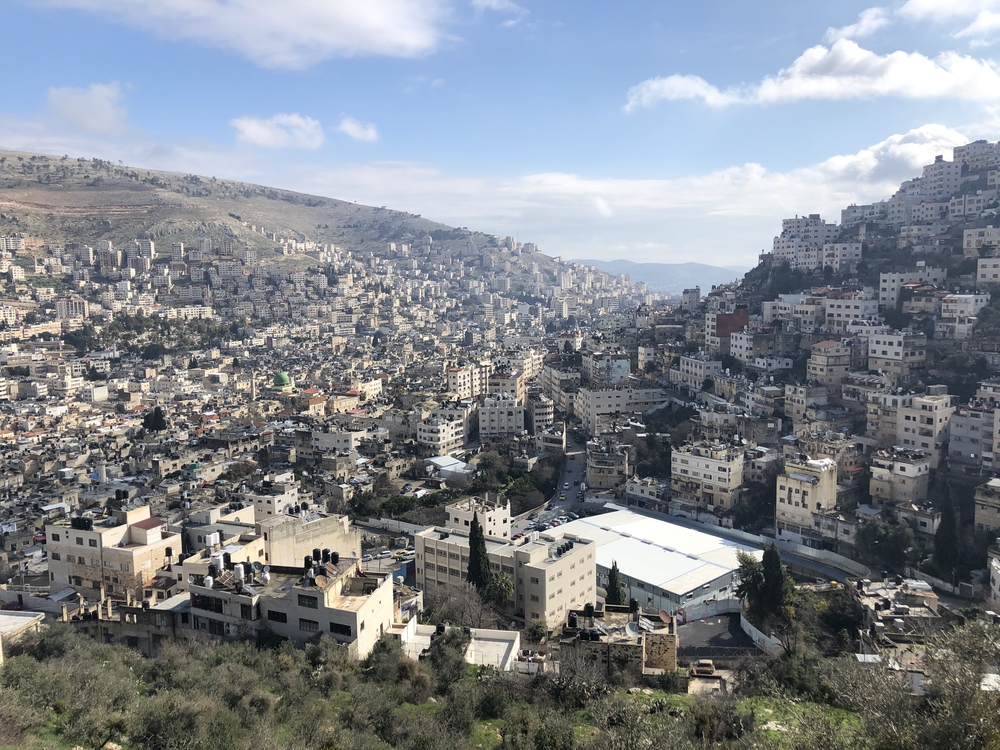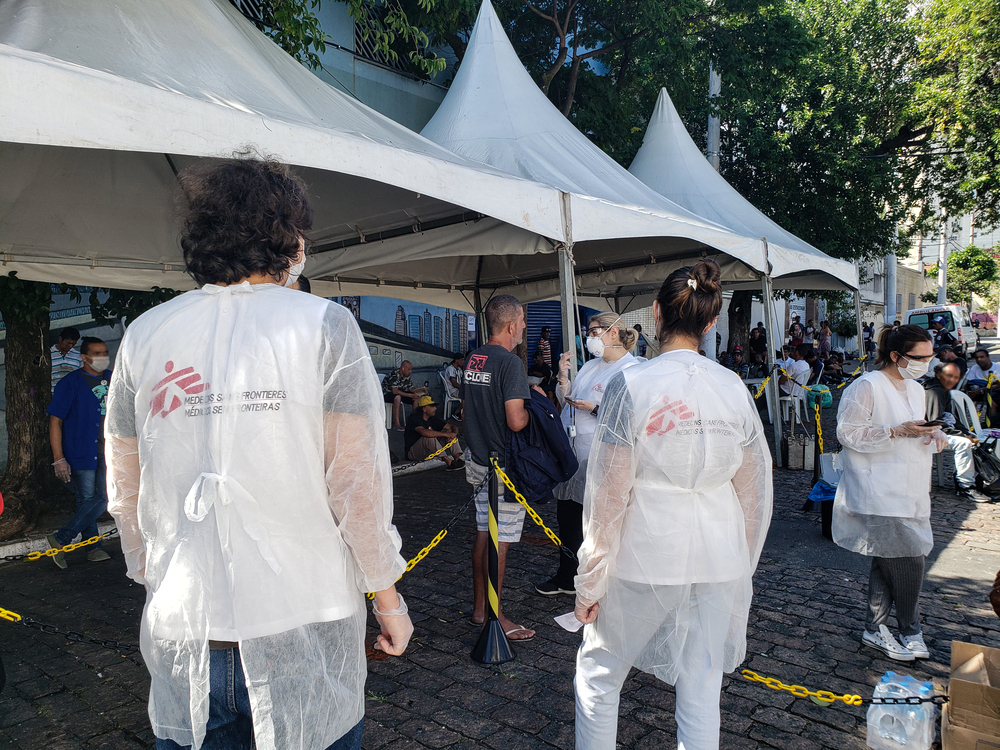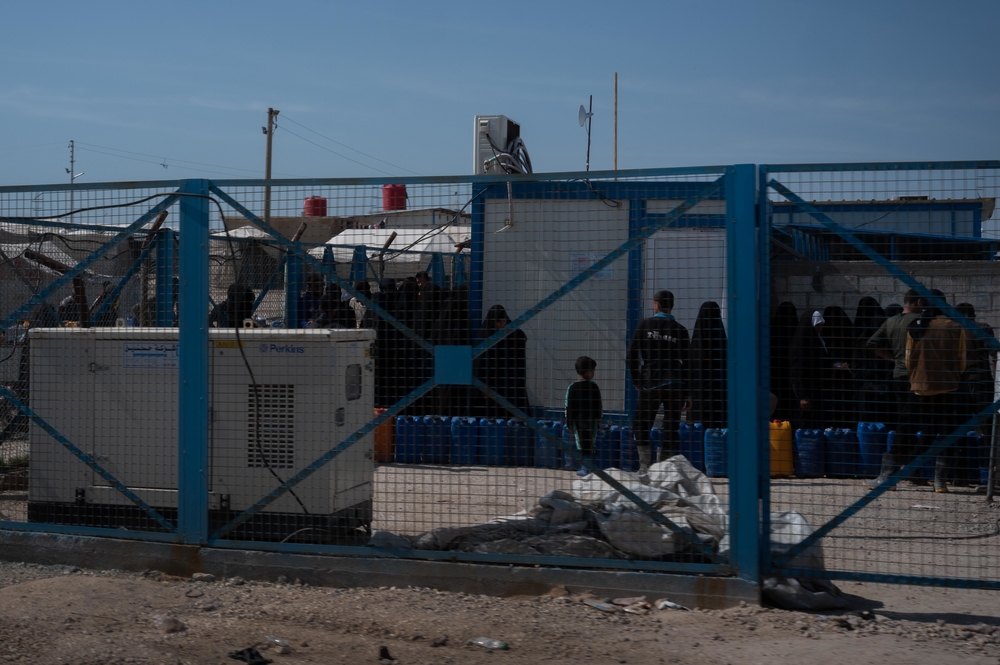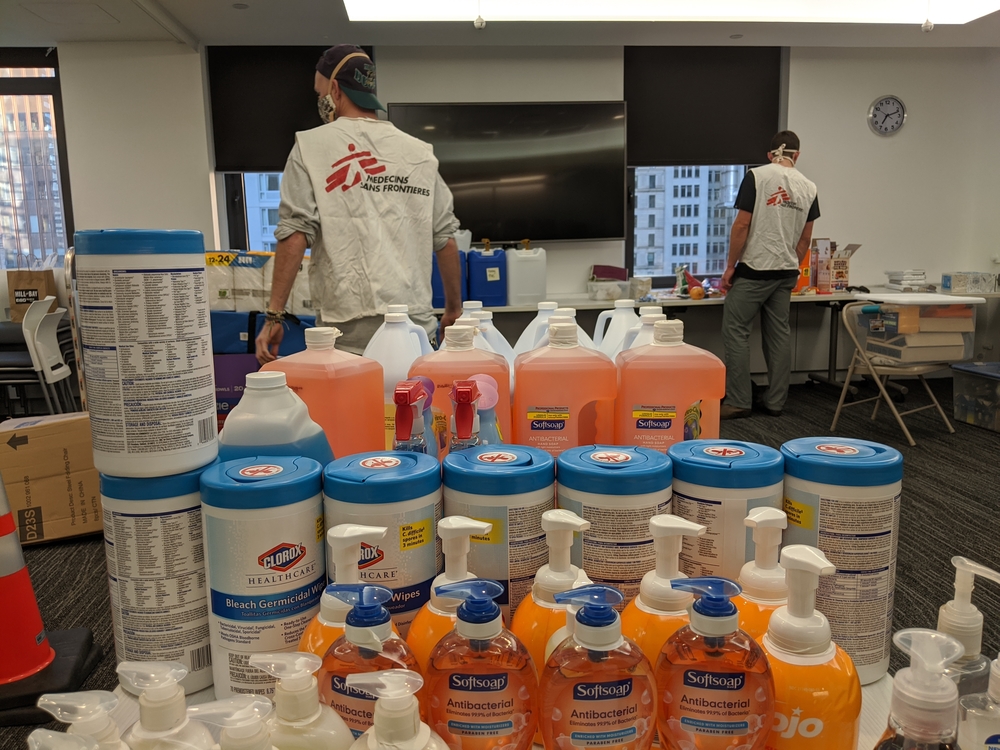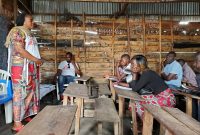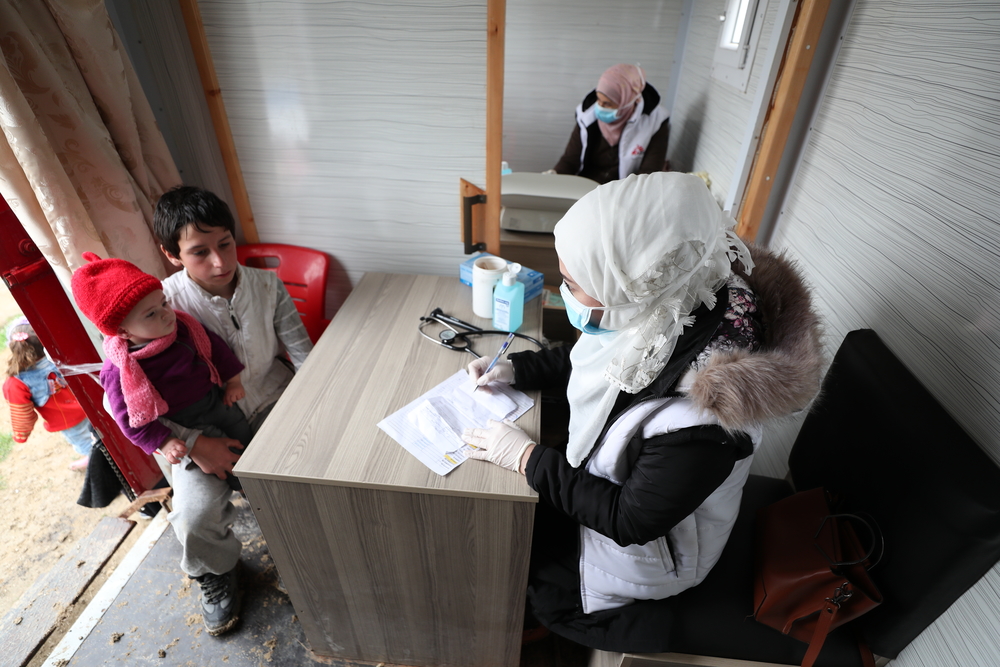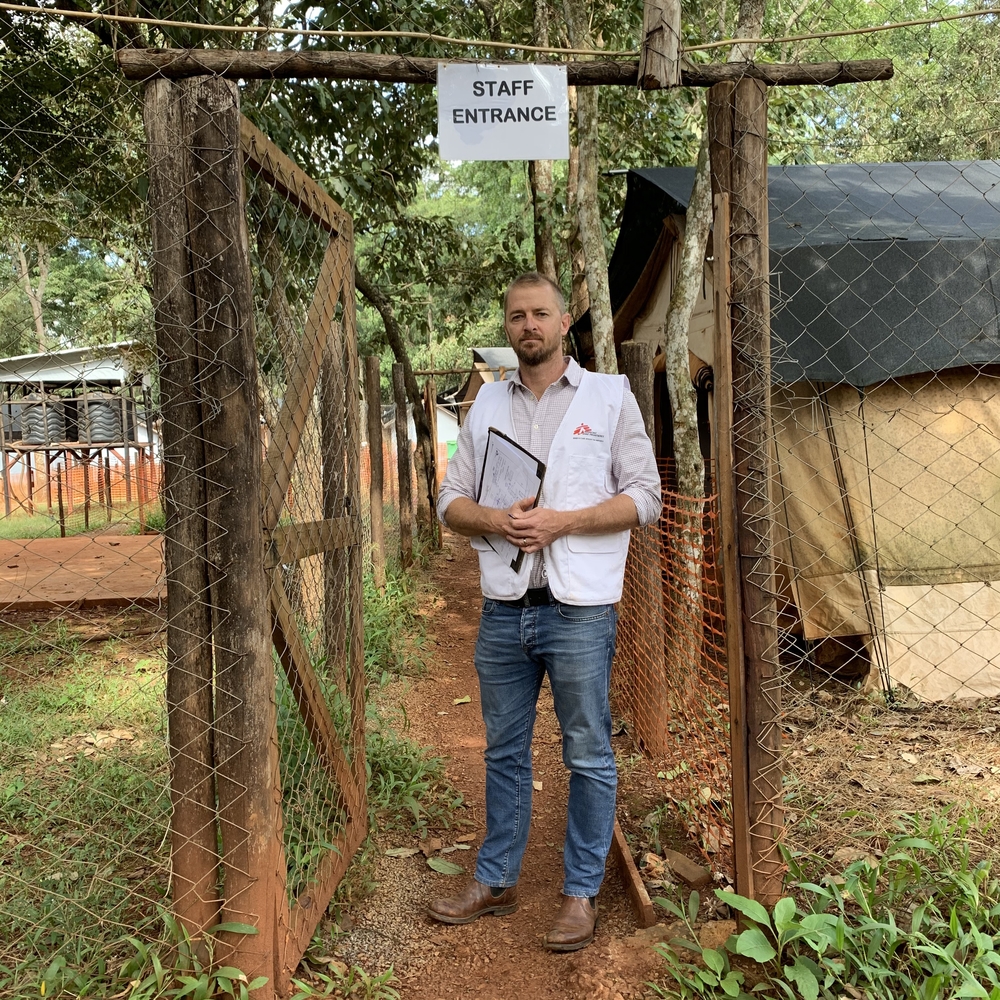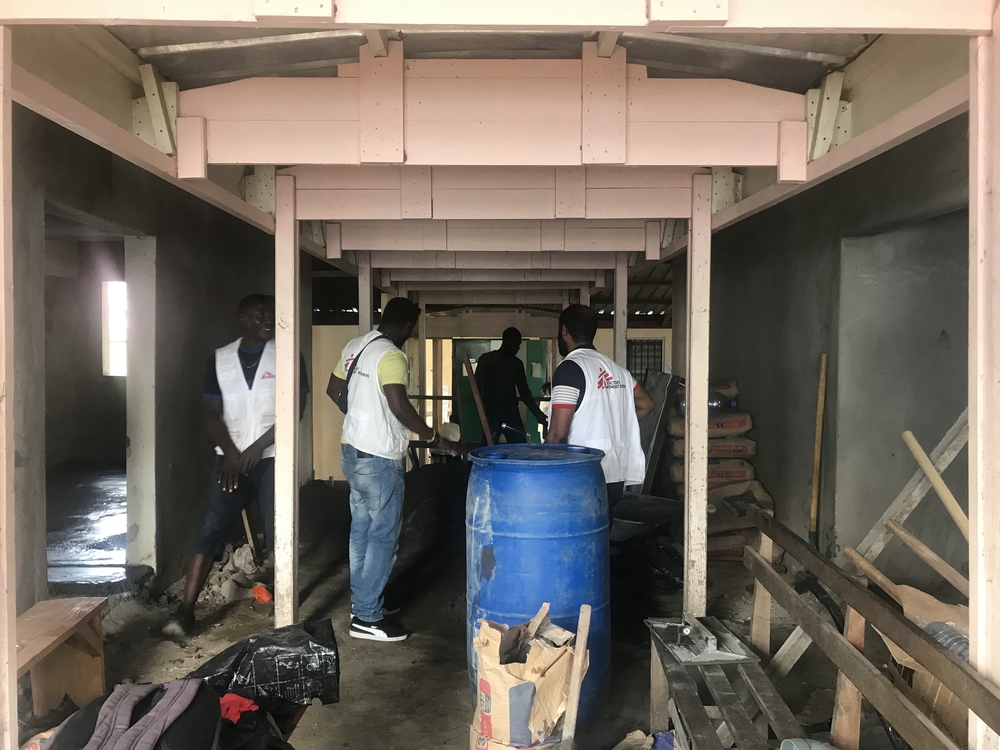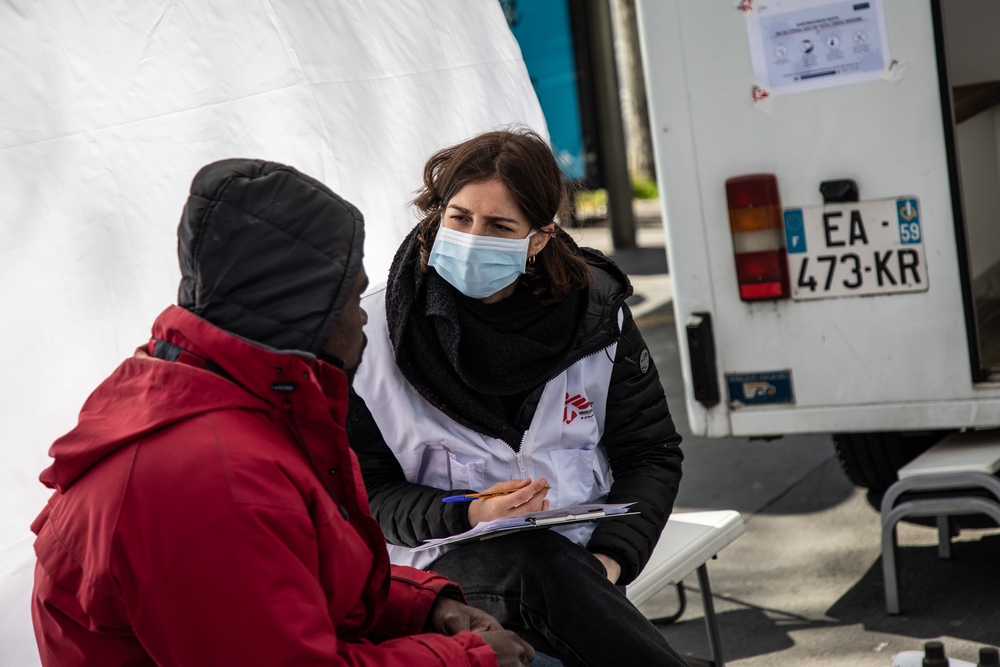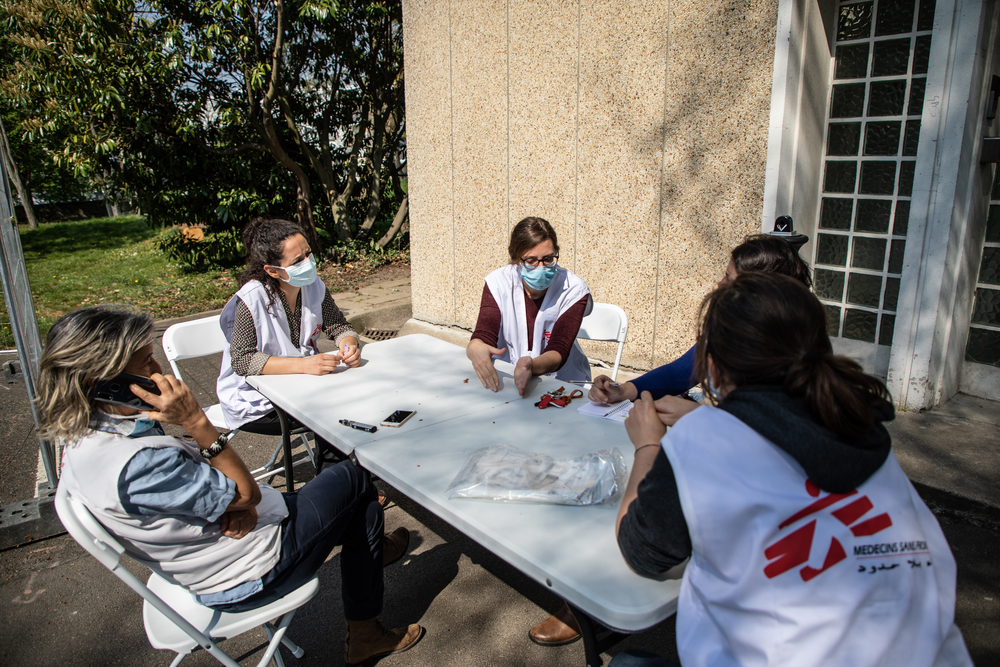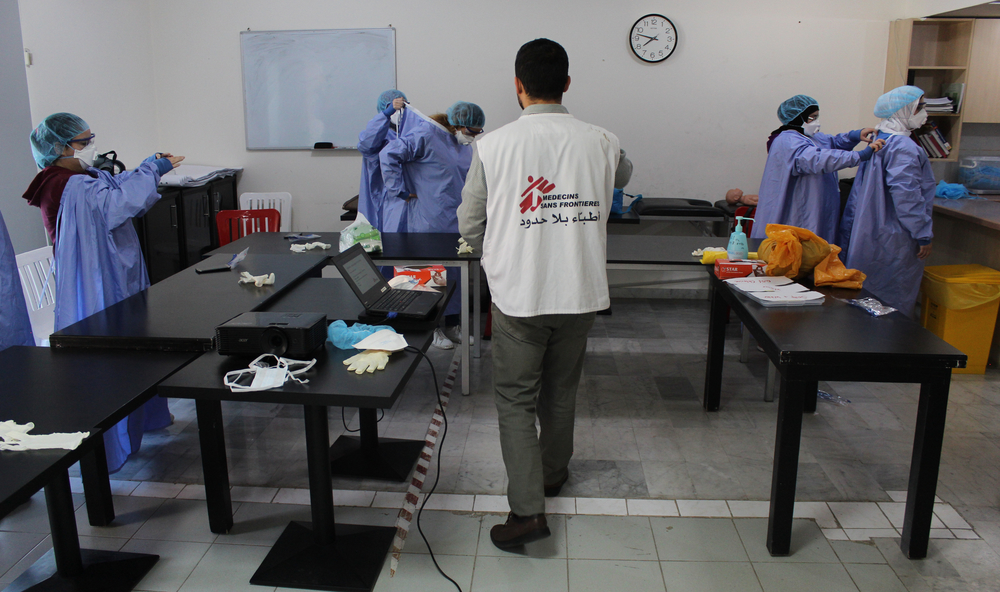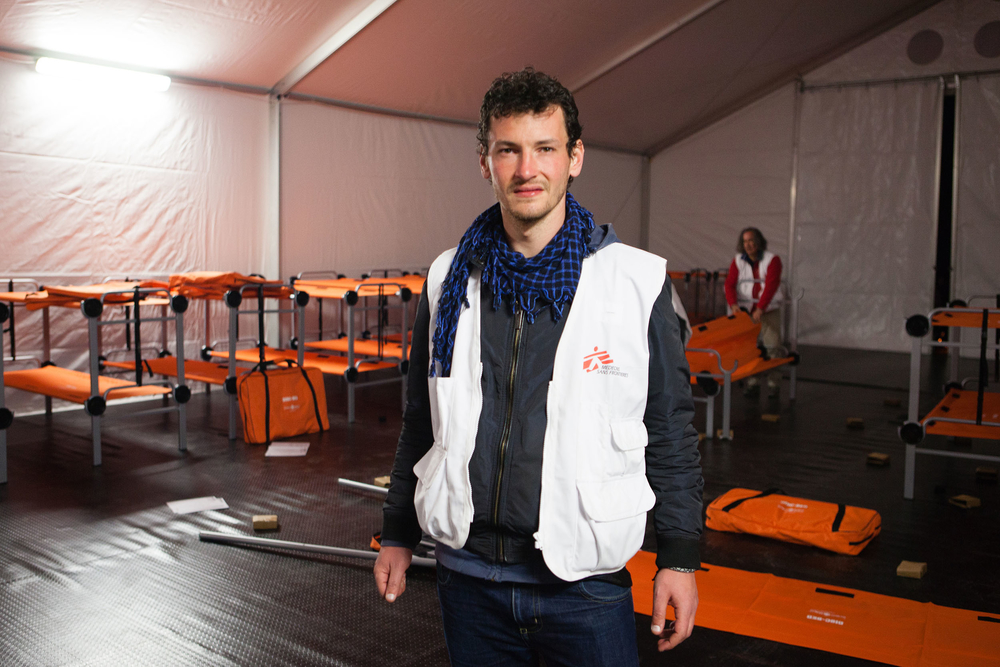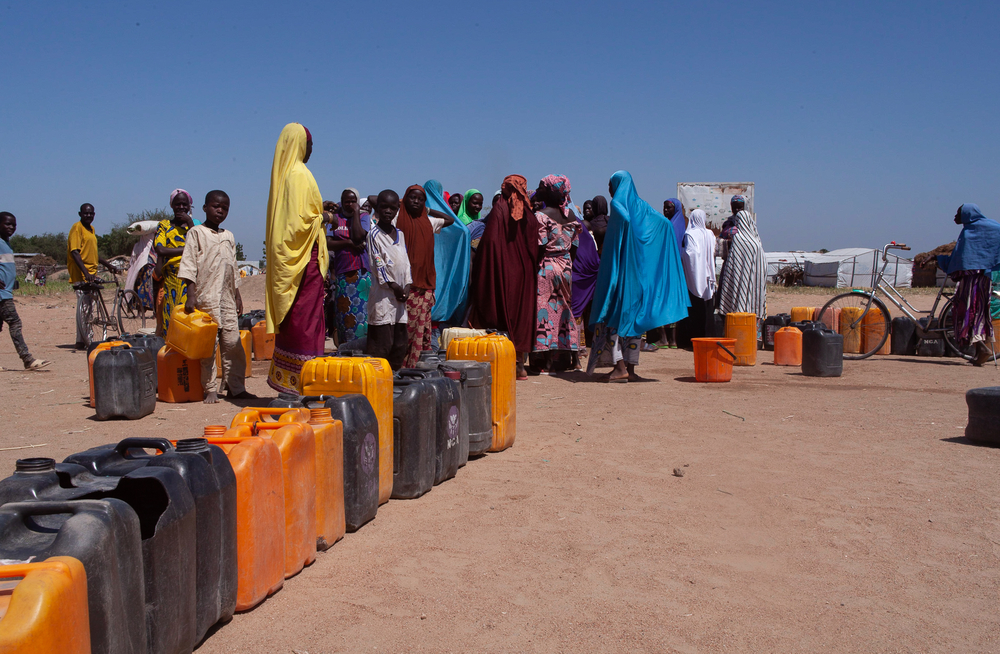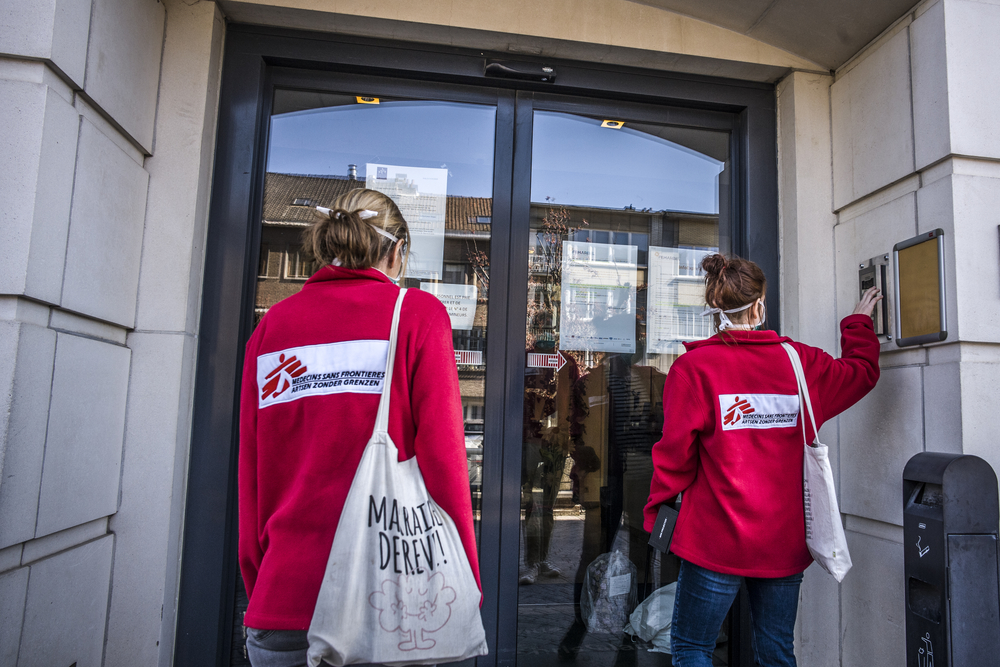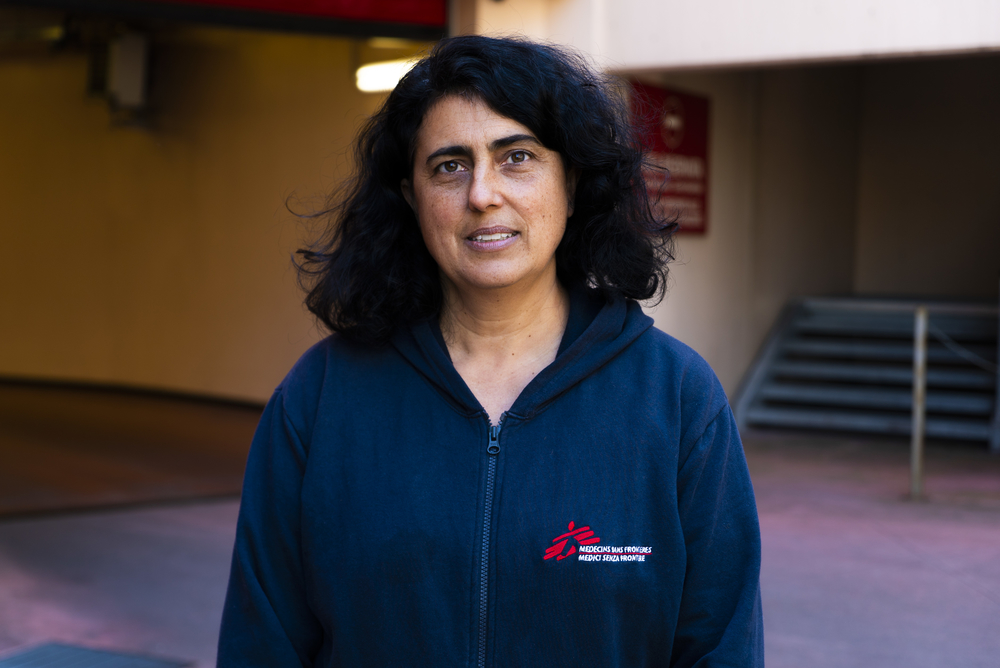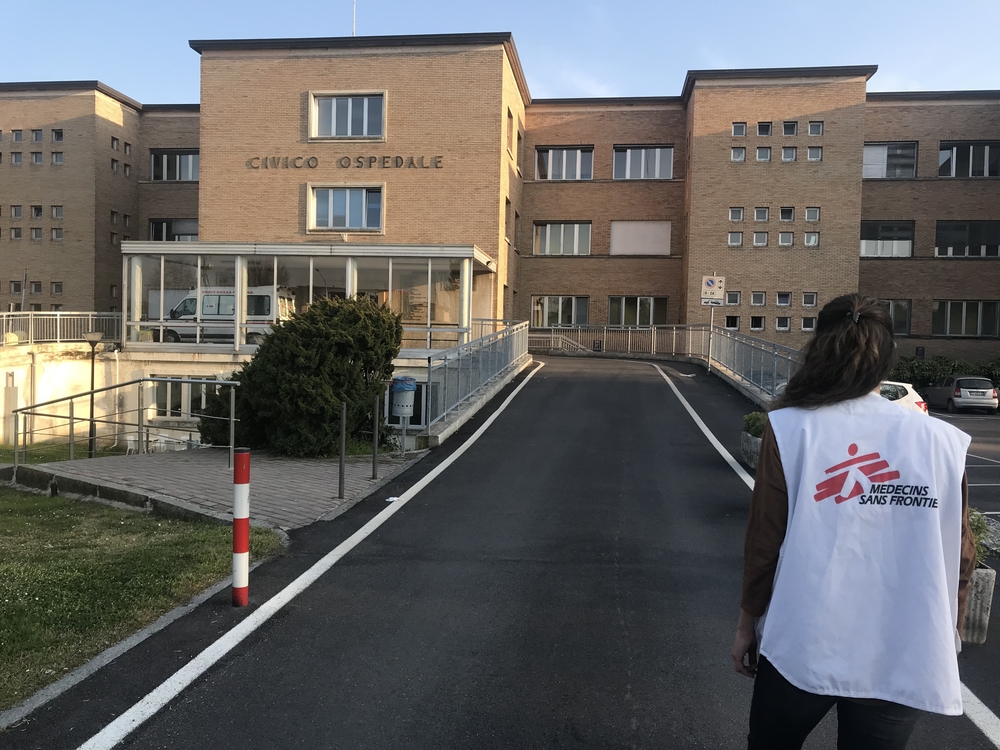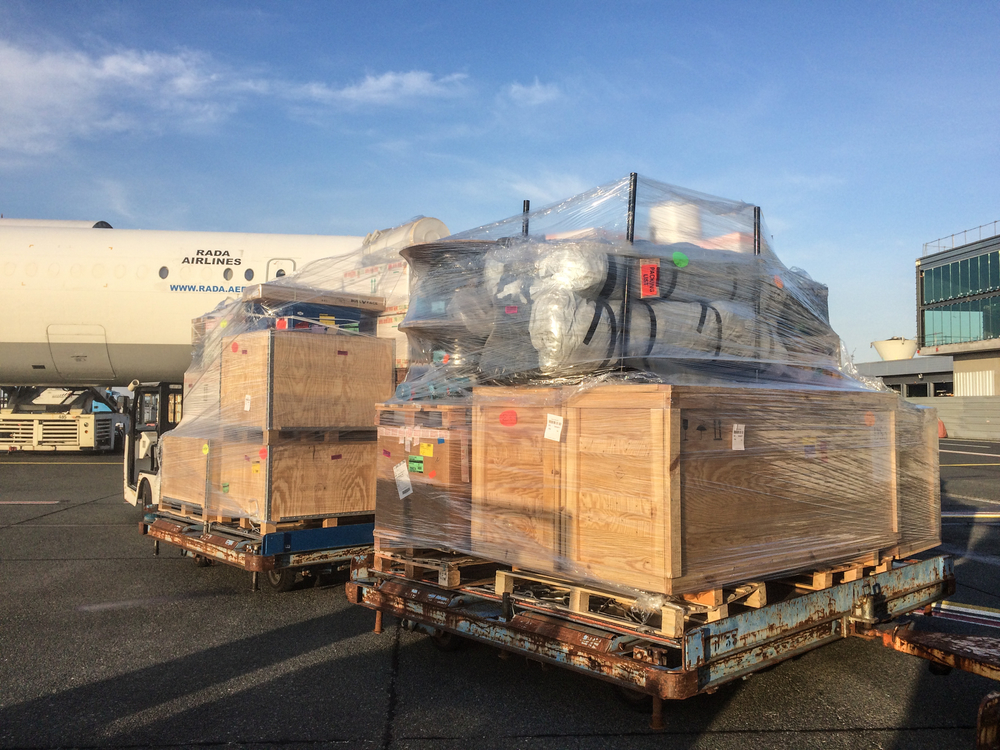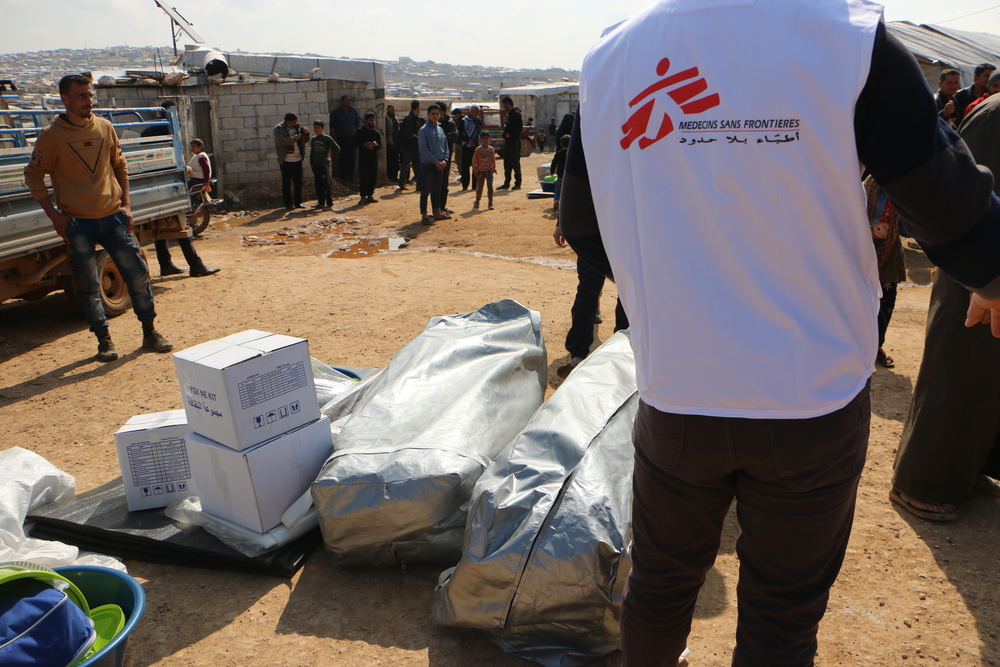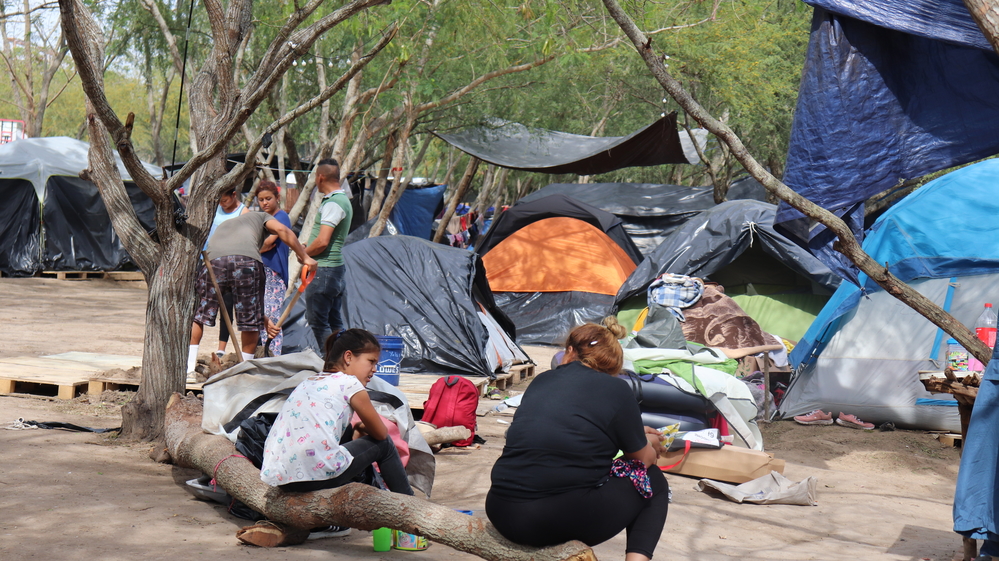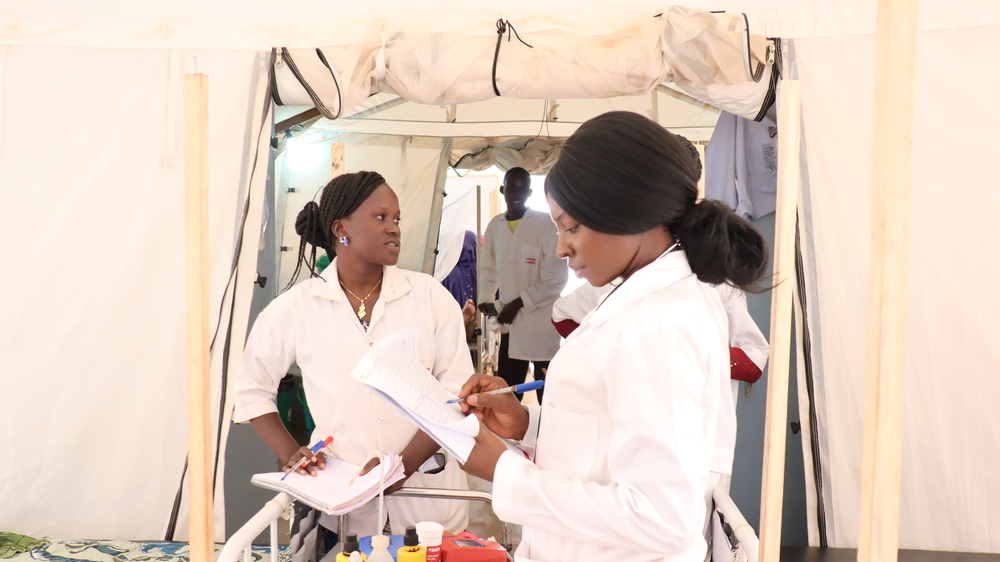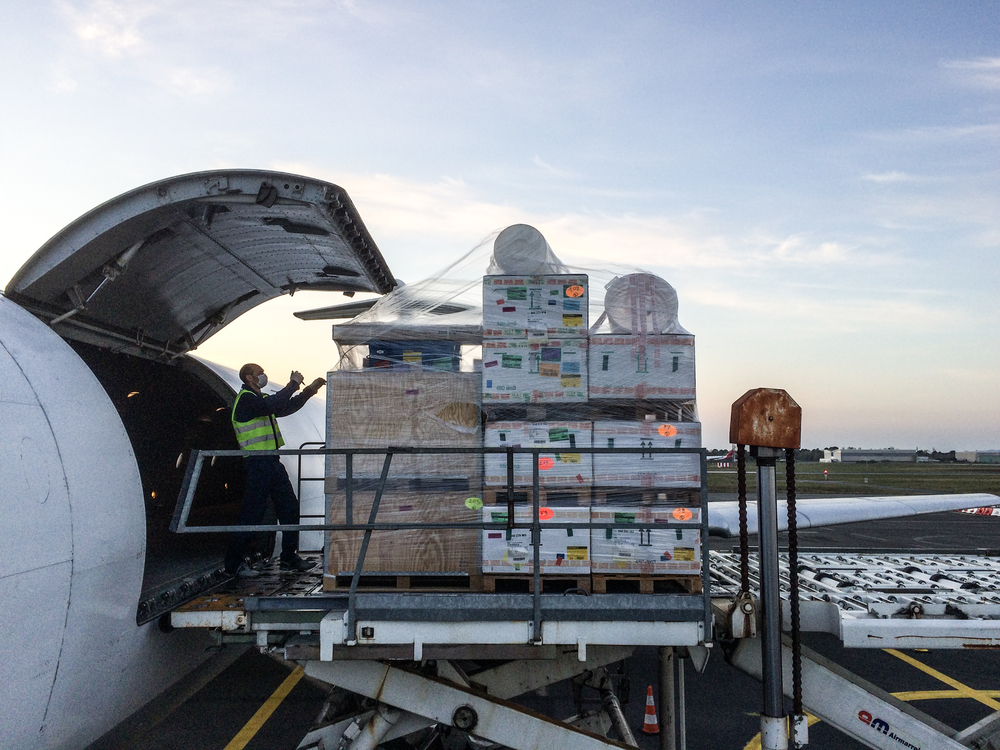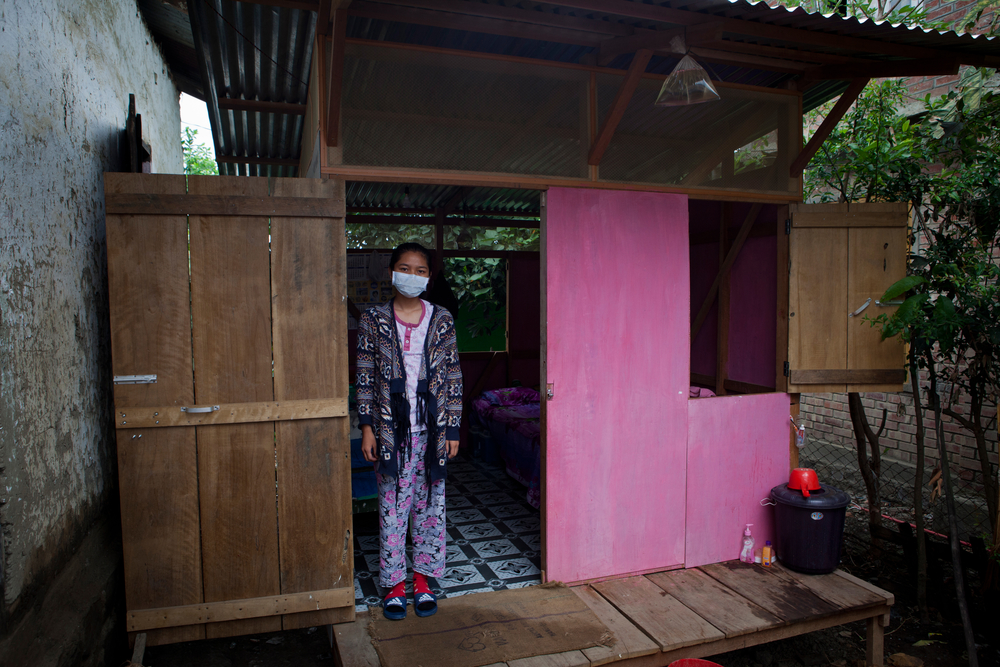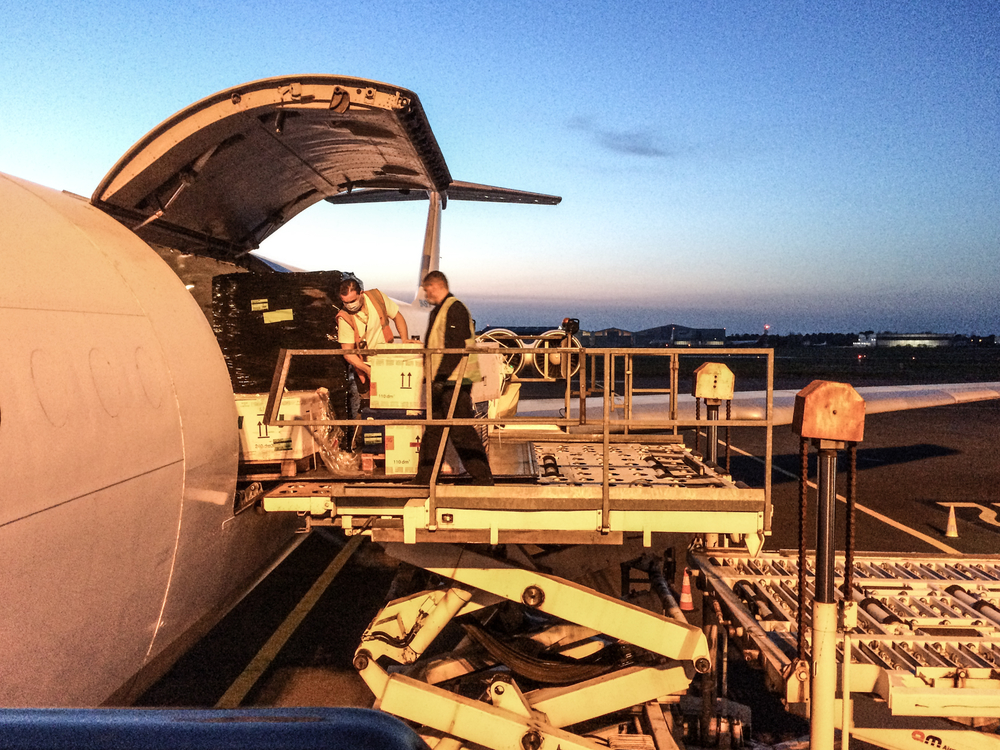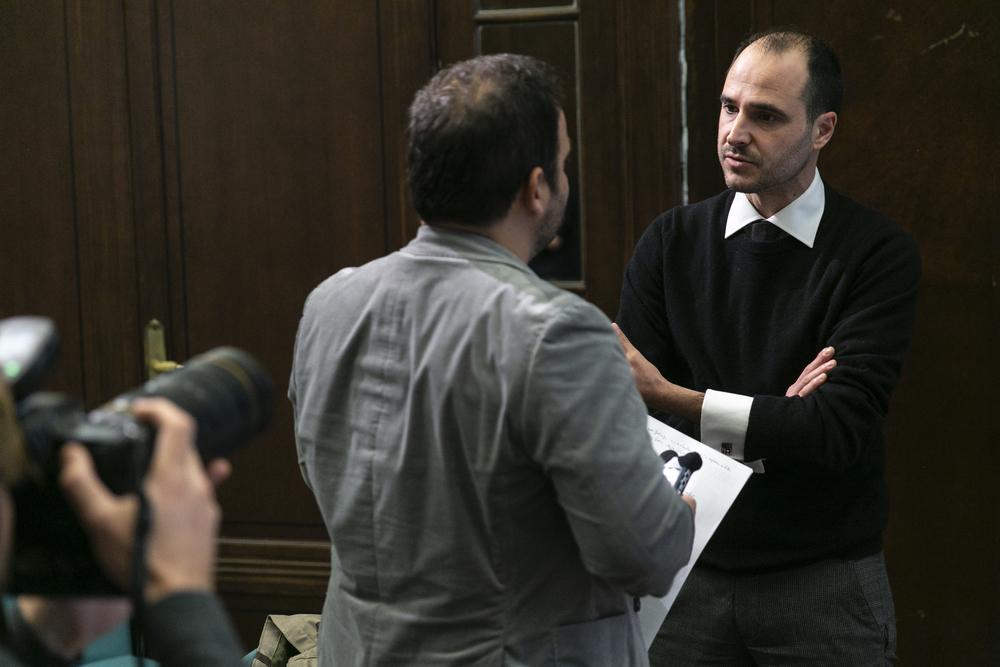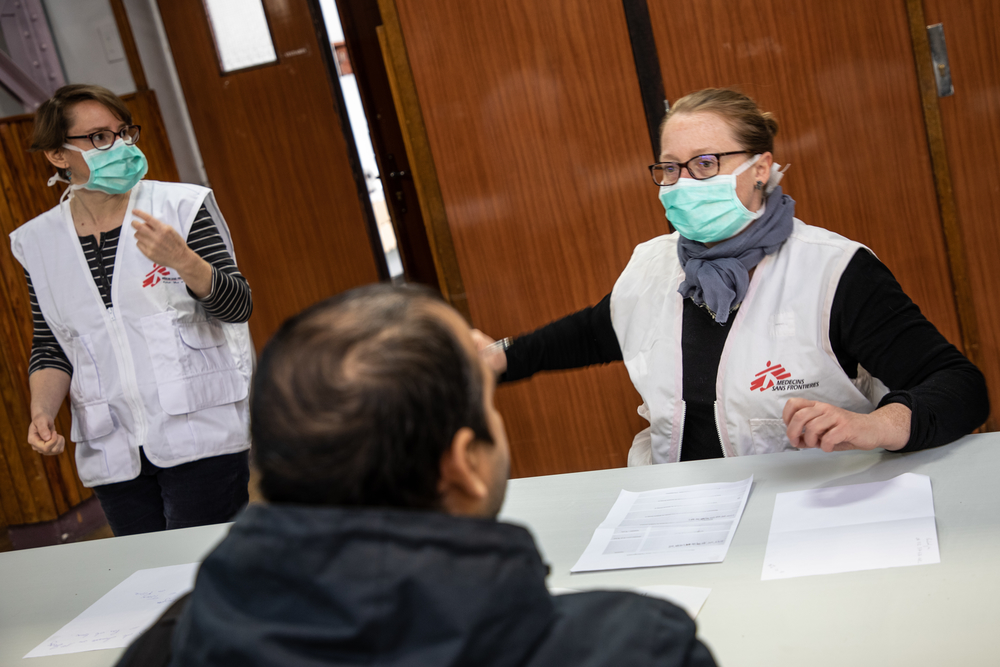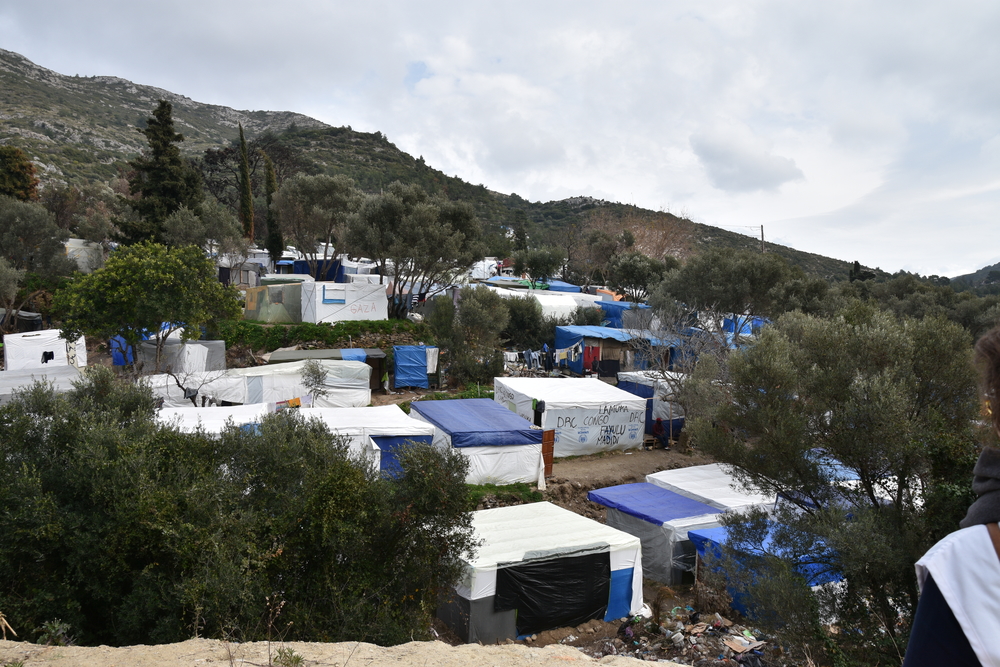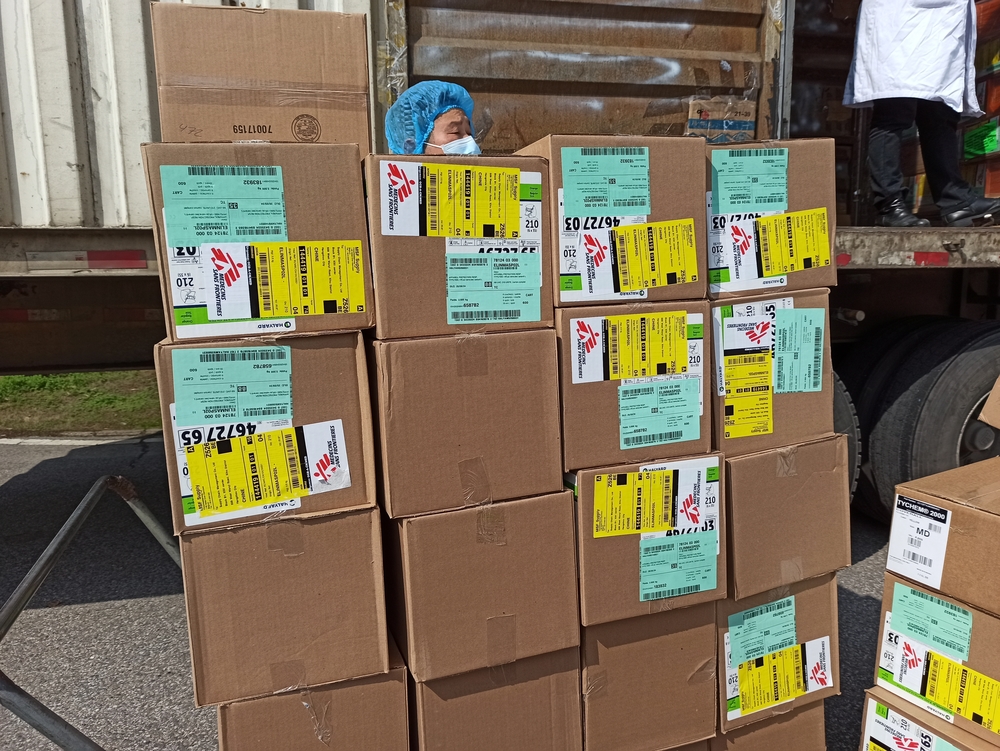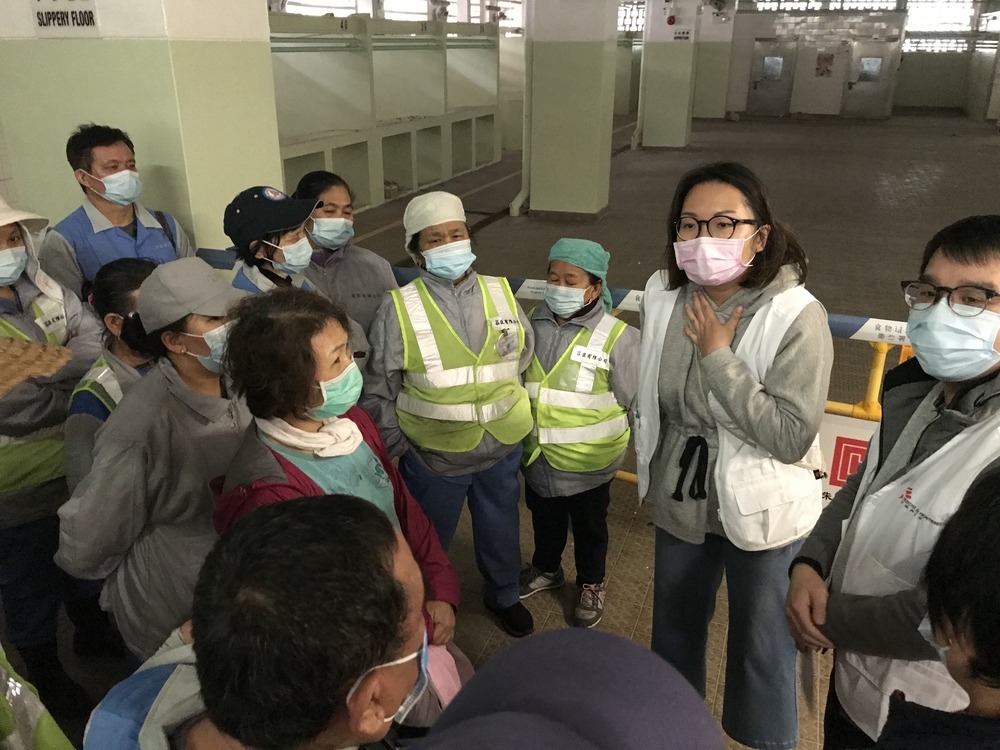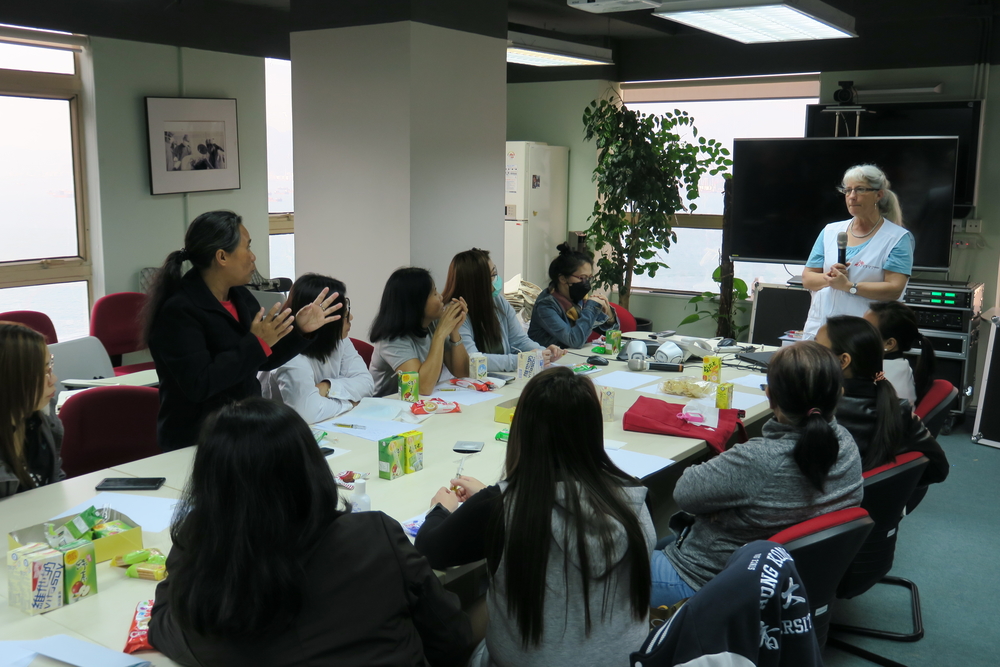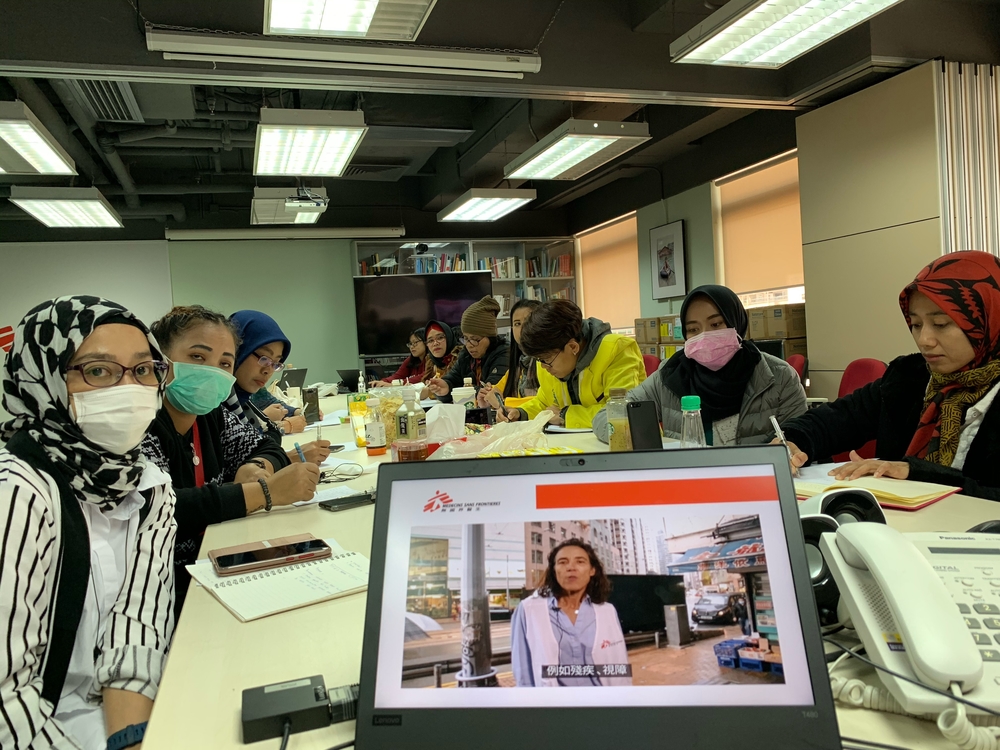Proactive COVID-19 healthcare efforts support people in need in Matamoros, Mexico
Every year, hundreds of Canadians work in close to 70 countries around the world with Doctors Without Borders/Médecins Sans Frontières (MSF), delivering and supporting front-line medical care as part of MSF’s emergency programs. Gweneth Thirlwell is a project administrator from Montreal who has worked with MSF in Democratic Republic of Congo and in South Sudan. She is working with MSF’s COVID-19 response team in Matamoros, in northwestern Mexico. She recently shared some of her ongoing experience.
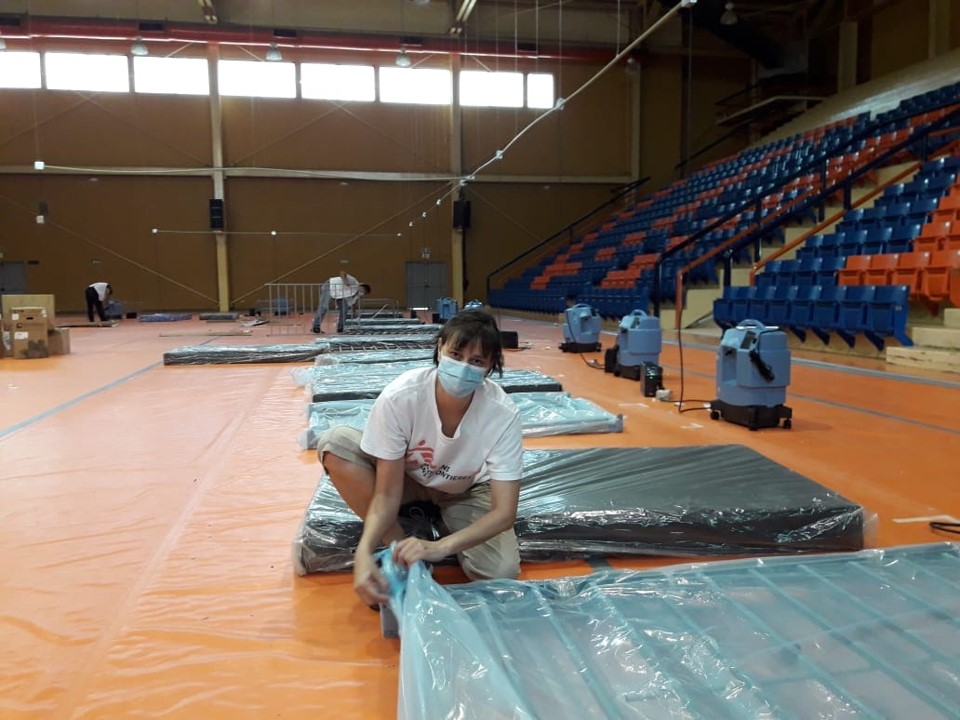
What is the role of a project administrator?
I am responsible for hiring staff and managing the financial elements required for the construction of a 40-bed COVID-19 care facility.
Is this similar to the work you do in Canada?
In Canada, I am a donor engagement officer with MSF, working with our donors to keep them updated and informed about our work in the field and reporting back on how we use their donations. My current role here in Mexico is not at all similar. However, MSF is great at recognizing transferable skills and understands my experience in policy writing and donor relations – as well as past field assignments with MSF – give me the relevant skills needed for the administrator position.
How has COVID-19 changed the way MSF is responding in the field?
MSF usually responds reactively to emergencies – coming in after a disaster or conflict has created a humanitarian emergency. In response to COVID-19 in Mexico, MSF teams are taking a much more proactive approach. In Tamaulipas state, where Matamoras is located, MSF launched a response before COVID-19 cases were declared, allowing us to build the systems and infrastructure to be prepared for an impending outbreak.
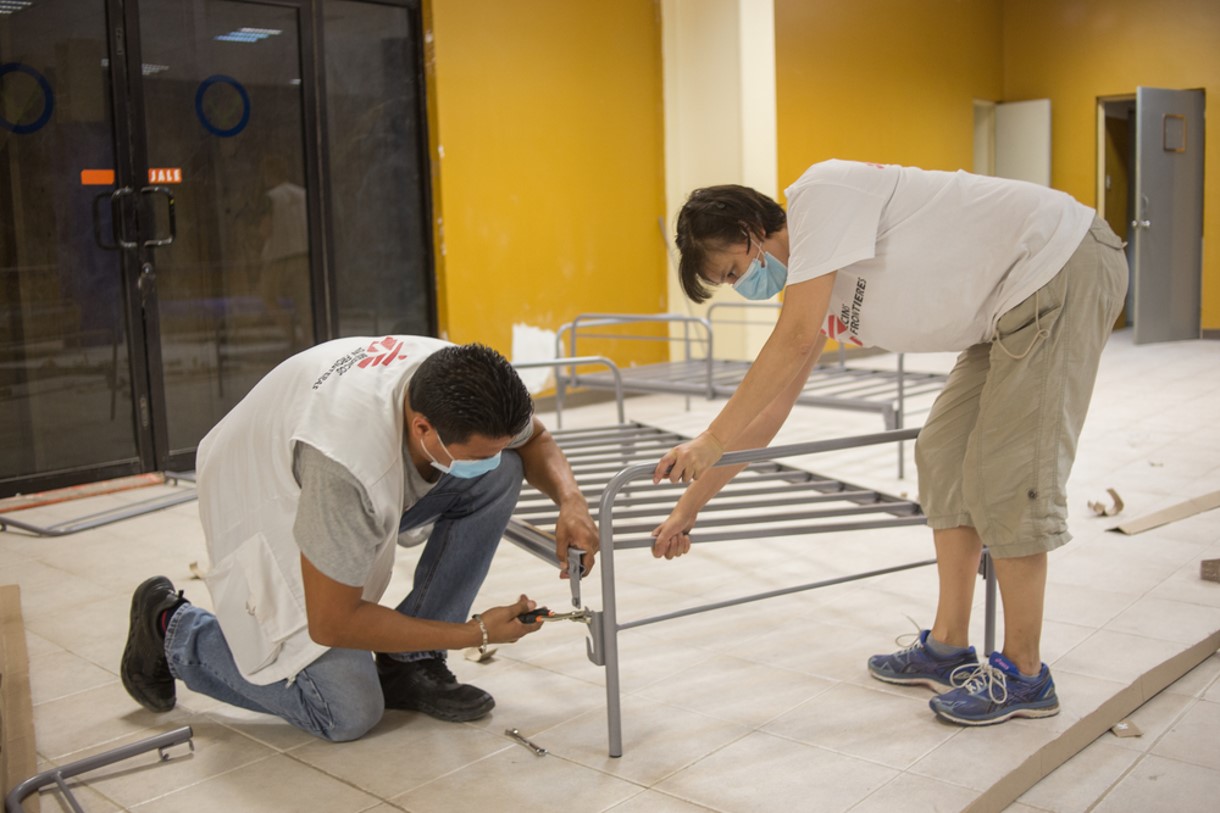
Do you get a sense of what kind of impact MSF’s presence is having in Matamoros, Mexico?
Since COVID-19 cases have not yet exploded in Matamoras, the direct impact MSF has had on any patients with COVID-19 is yet to be seen. However, MSF’s health promotion efforts – encouraging people to wash their hands and socially distance when possible – has helped educate the community on staying healthy. MSF has also supported water and sanitation efforts inside of a migrant camp along the border with the United States.
MSF’s objective here in Matamoros is to prepare for an emergency, and we are working hard to ensure our efforts mean people will have access to the critical healthcare they need. Matamoras lacks the local capacity to respond to an influx of COVID-19 cases and the MSF’s teams’ construction of the 40-bed COVID-19 care facility is double the city’s bed capacity. This will be particularly impactful for the city’s most vulnerable residents – especially migrants, who are unable to access the existing Mexican healthcare system. If COVID-19 hits the city in the coming weeks or months, MSF’s COVID-19 care facility will be critical. The safety net we’ve built will be there to save lives.
(Note: This interview took place in early June. The COVID-19 pandemic and its effects continue to rapidly evolve. Details in the article may change over time.)
